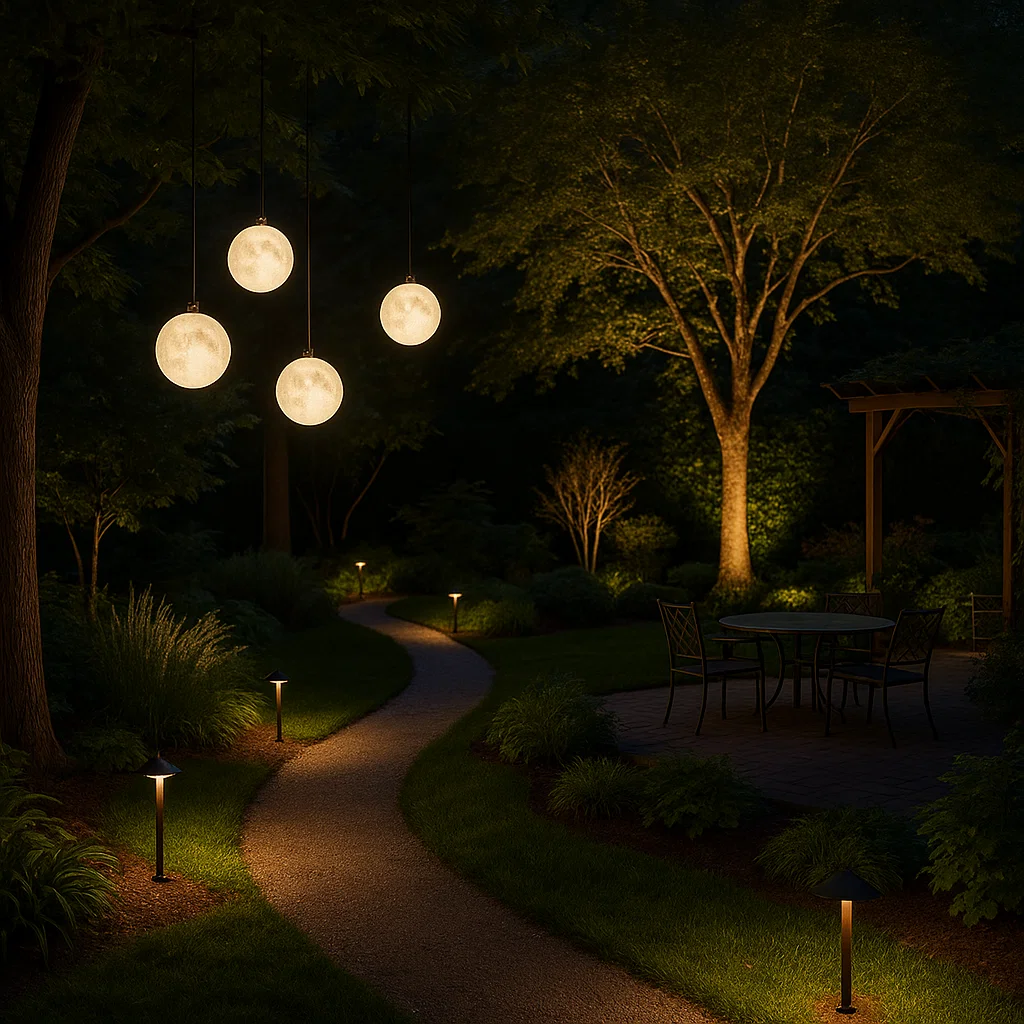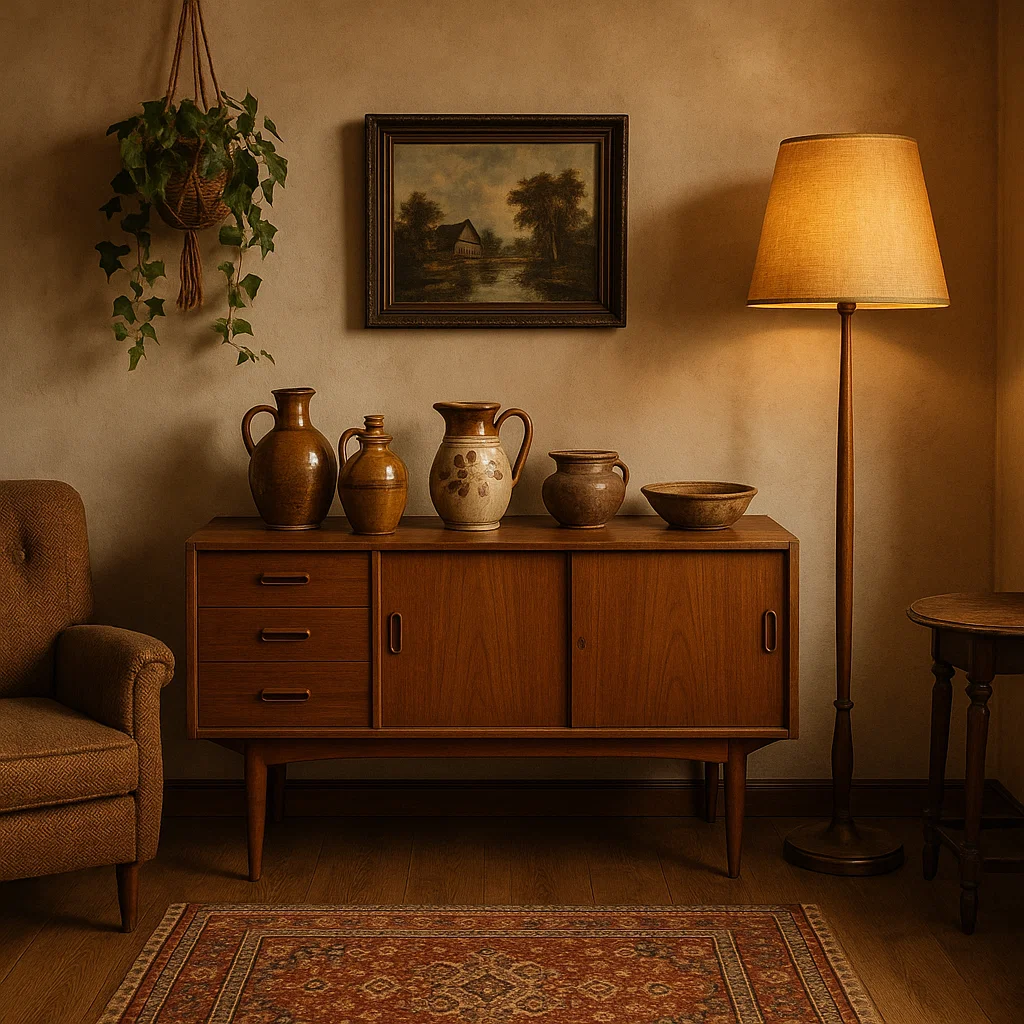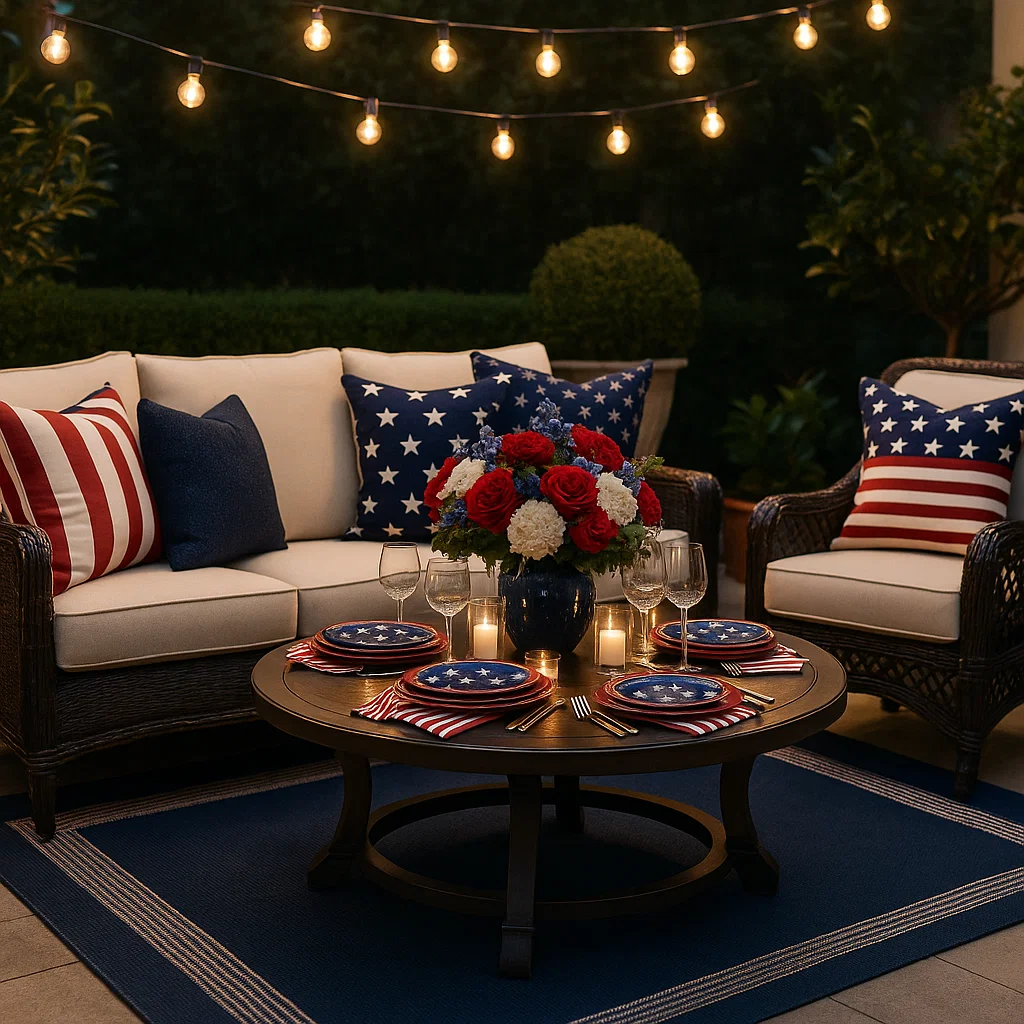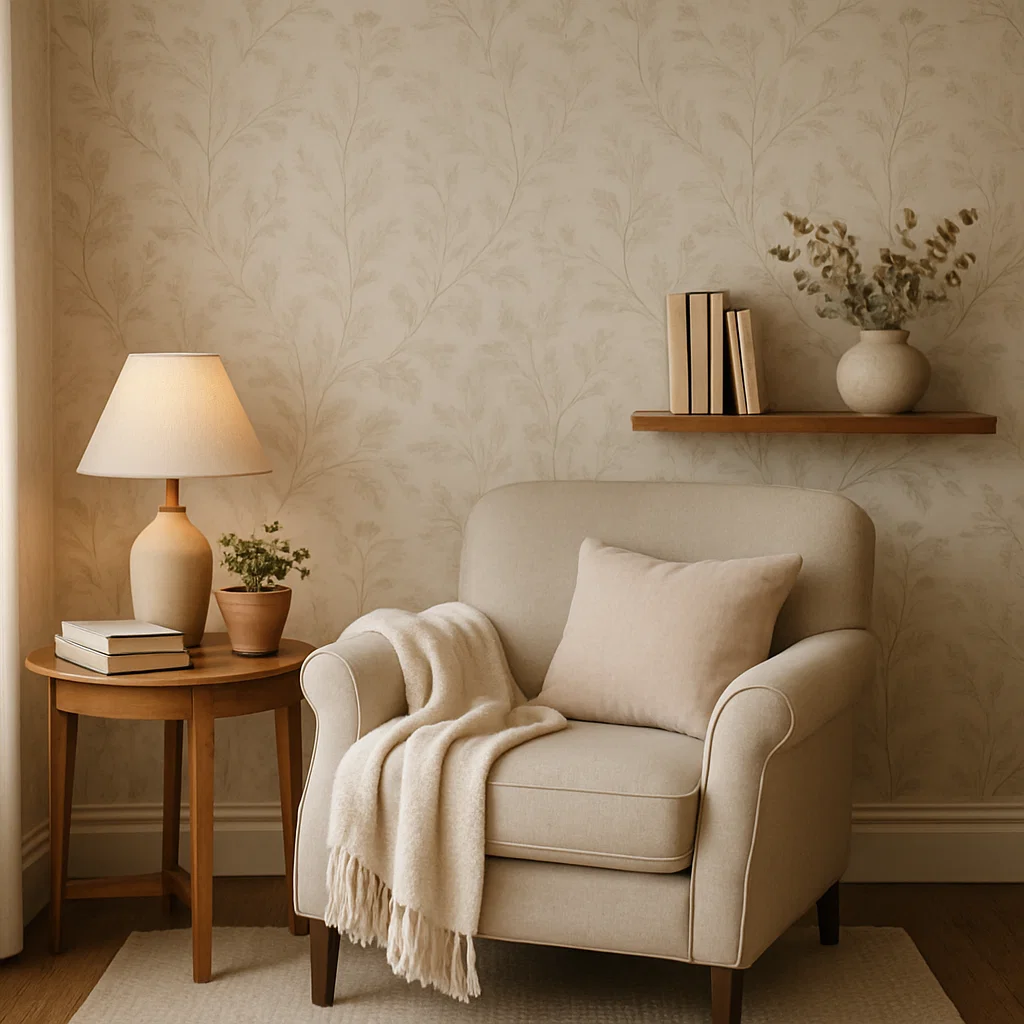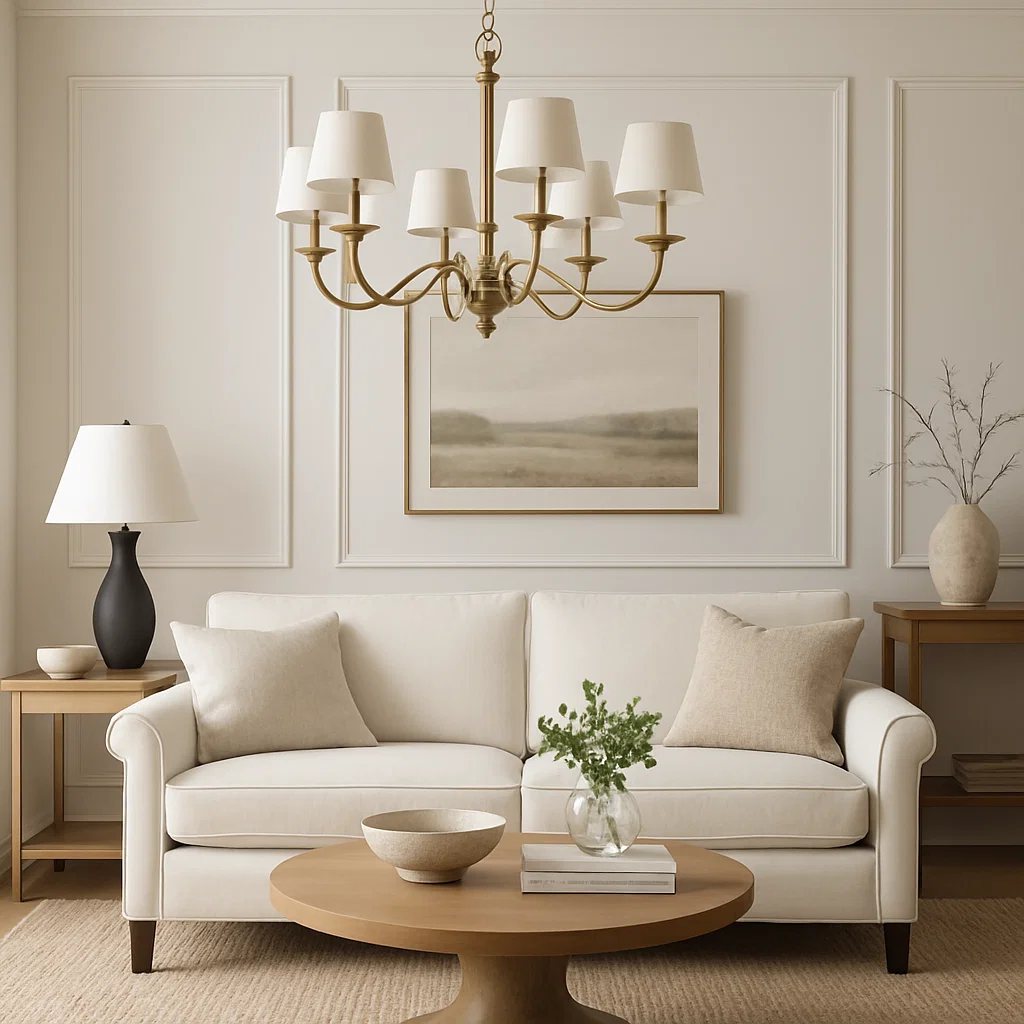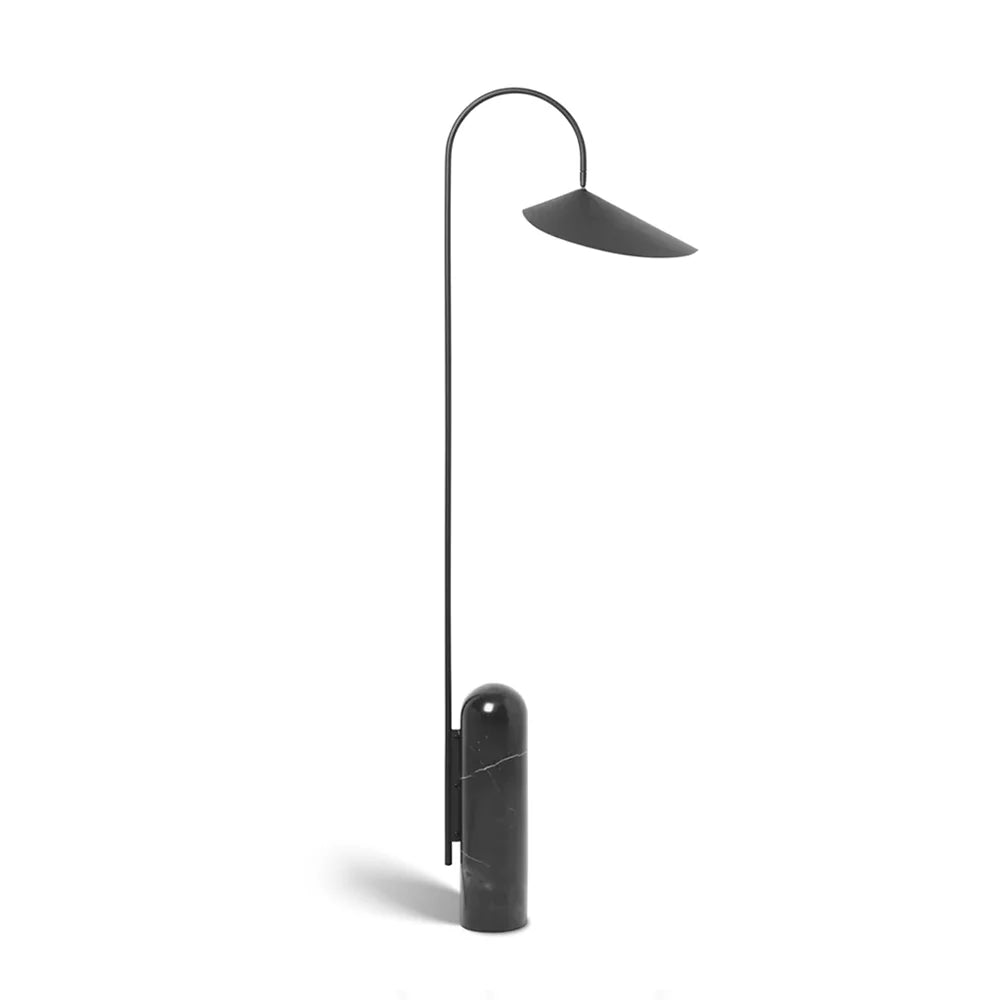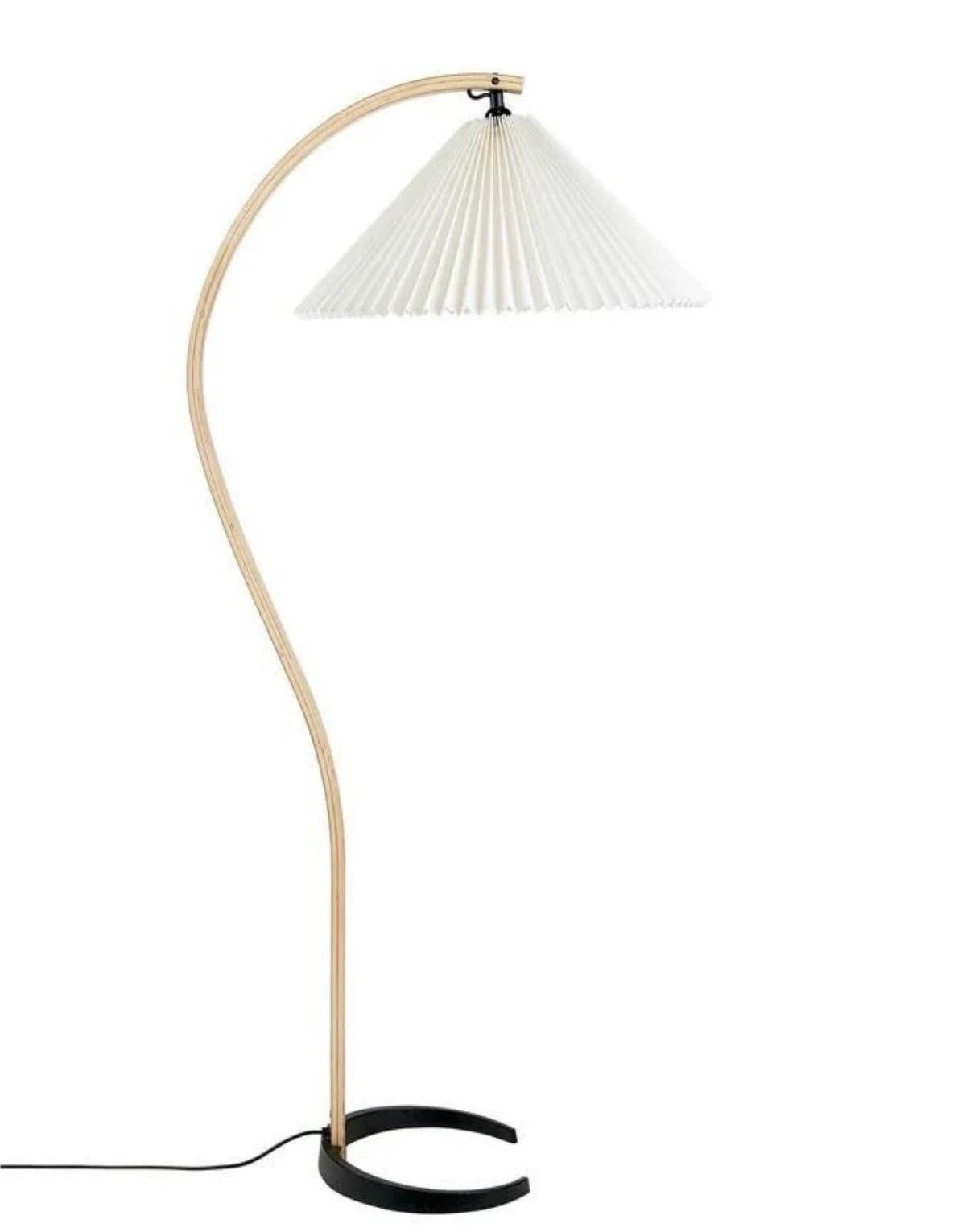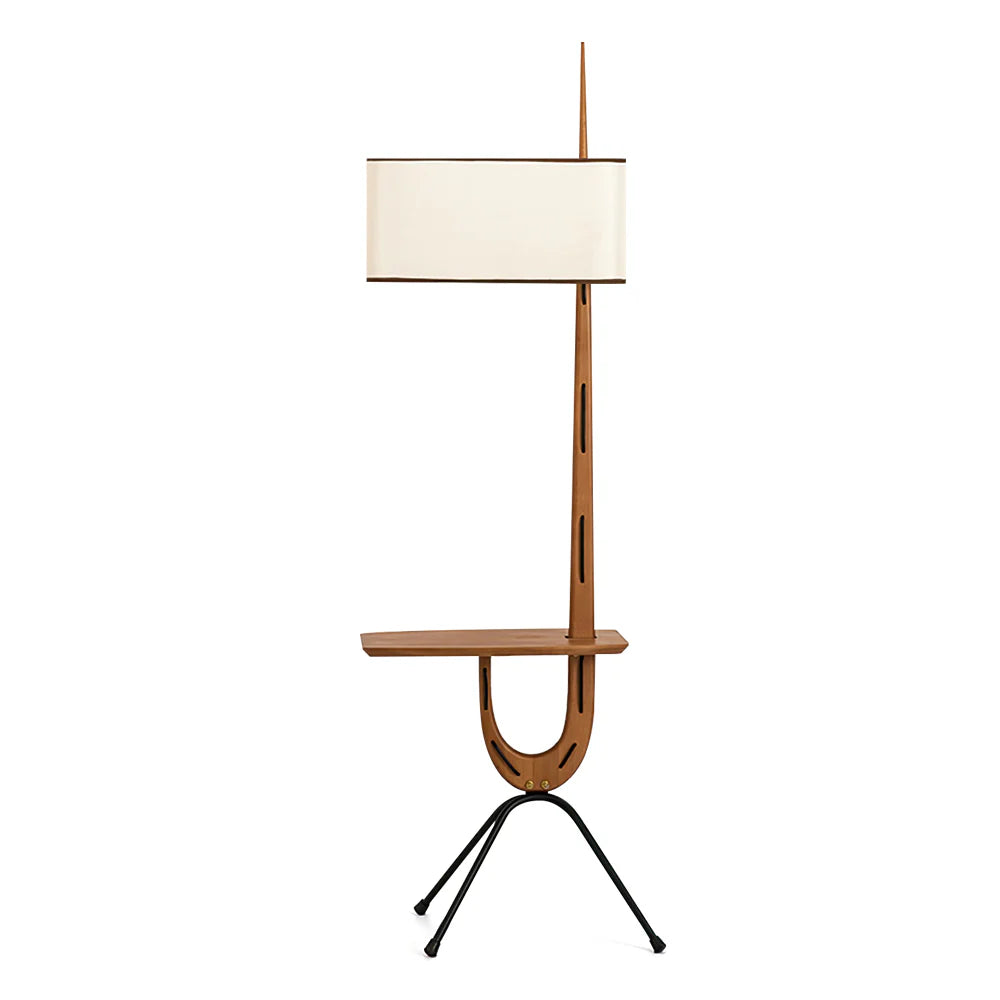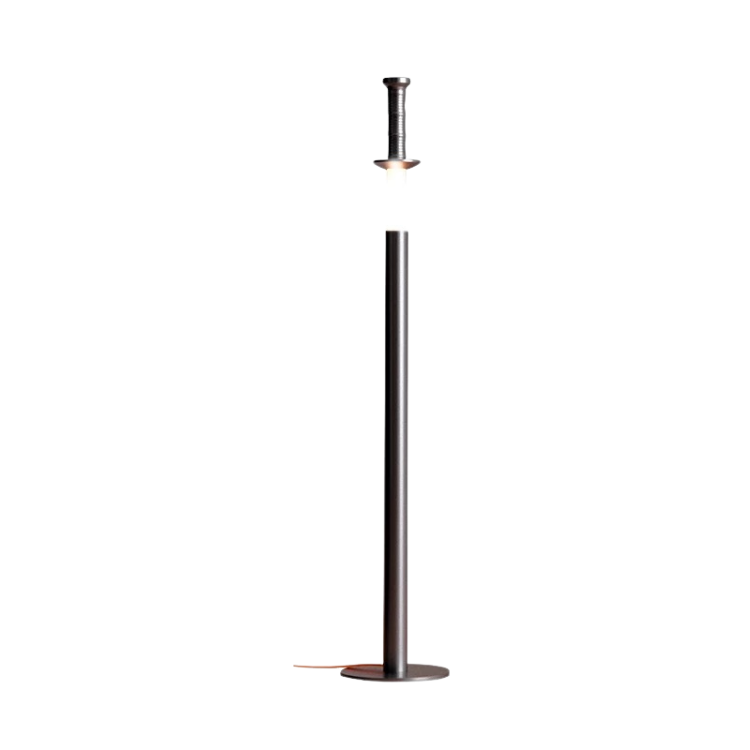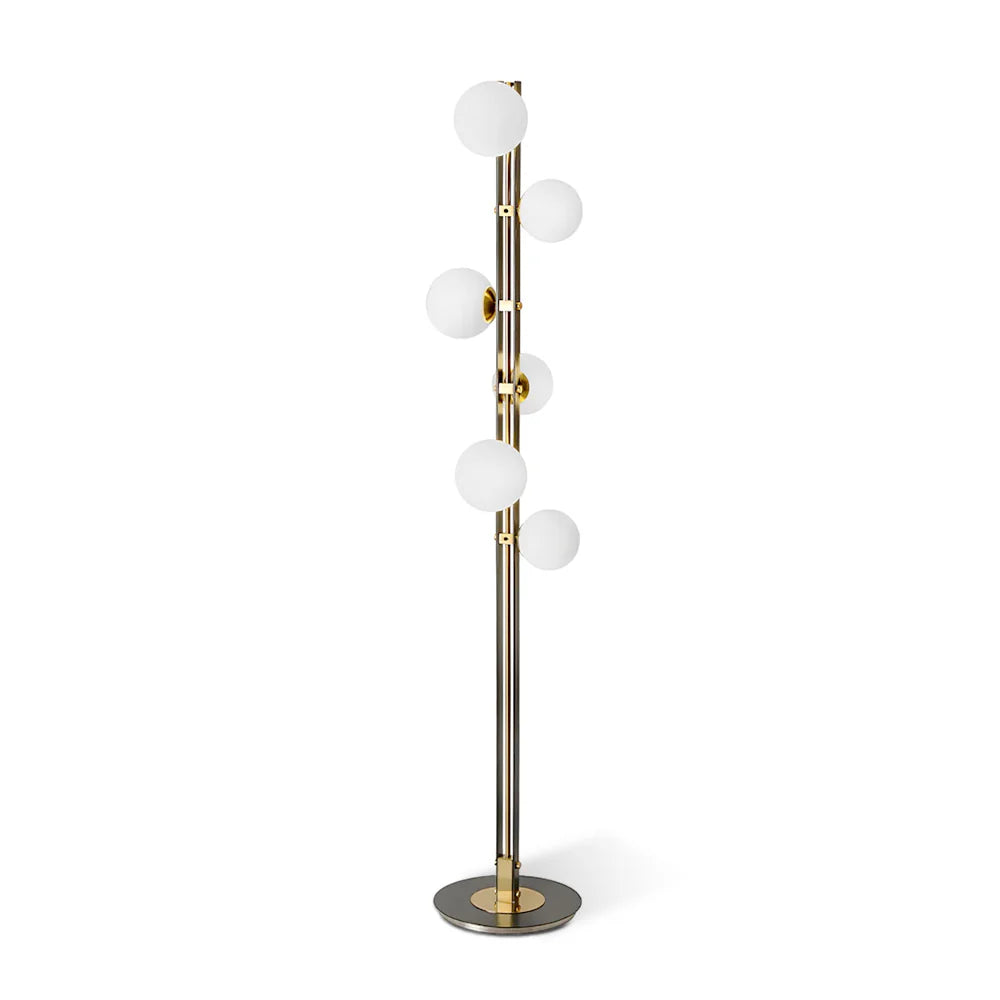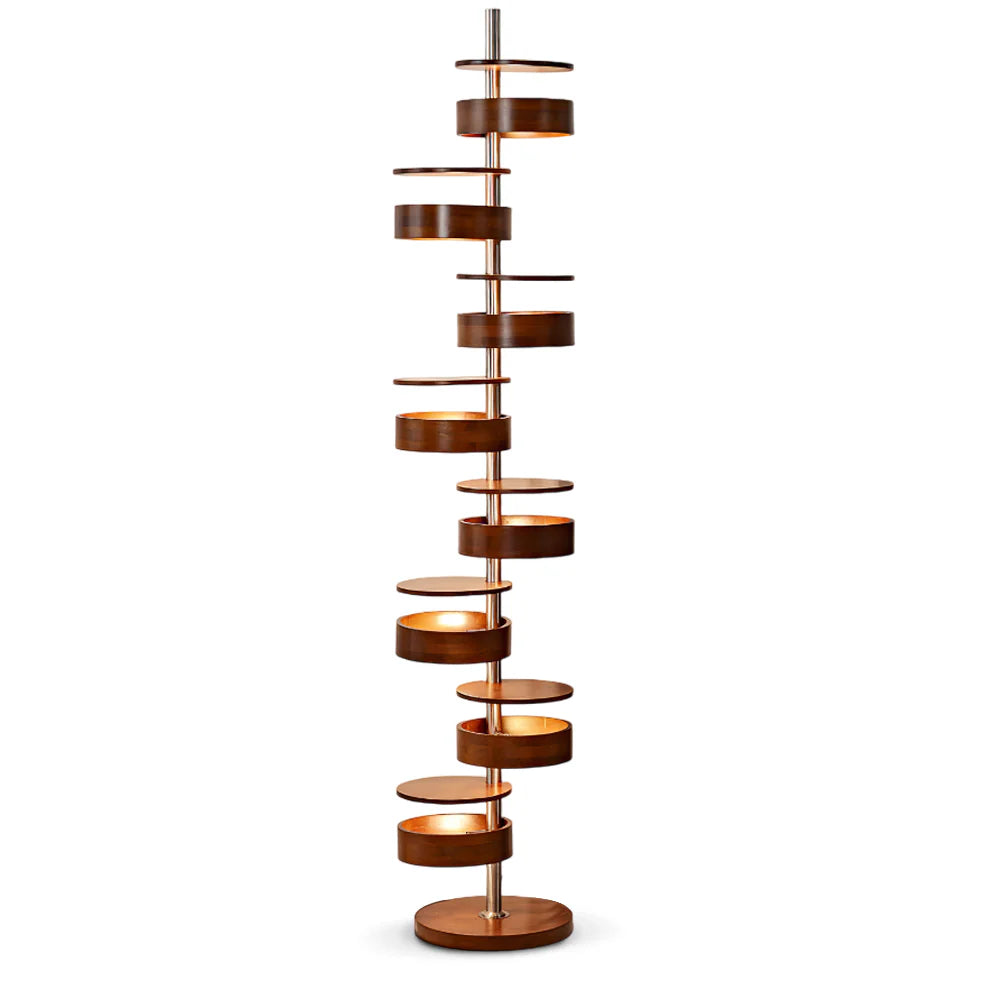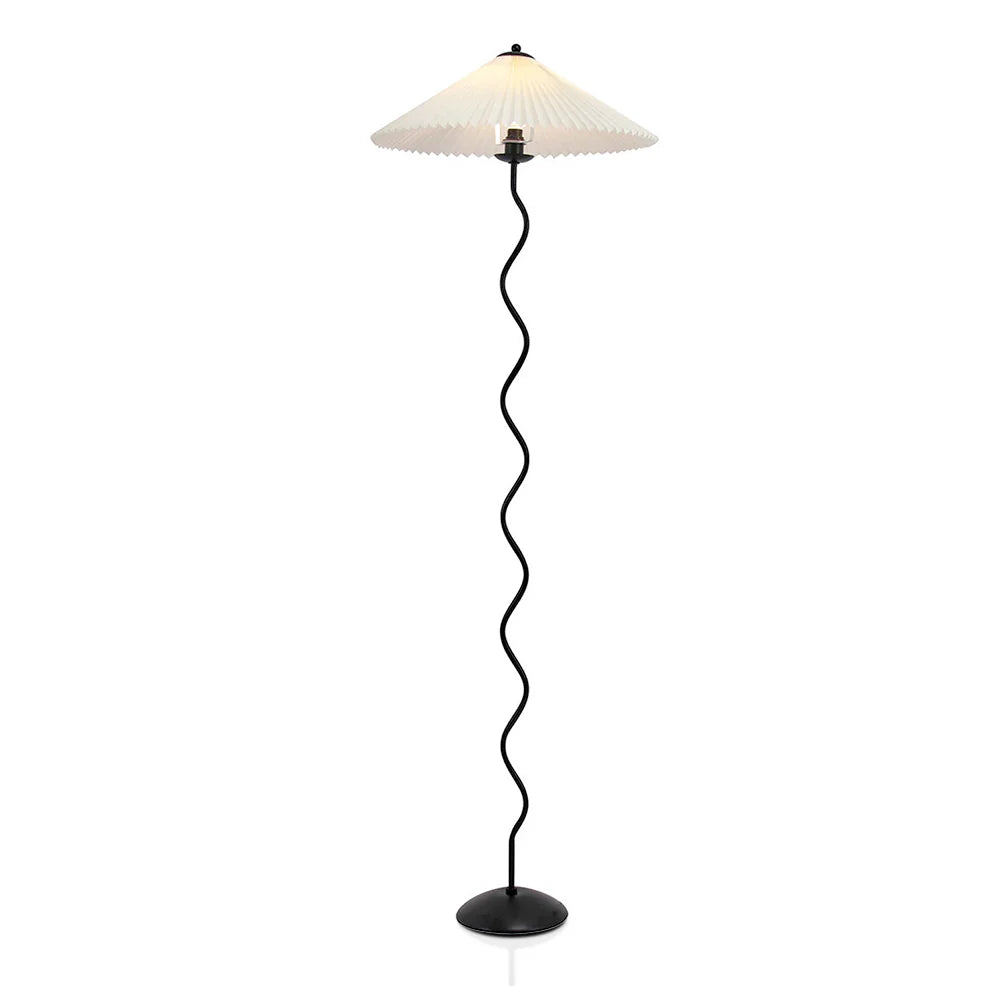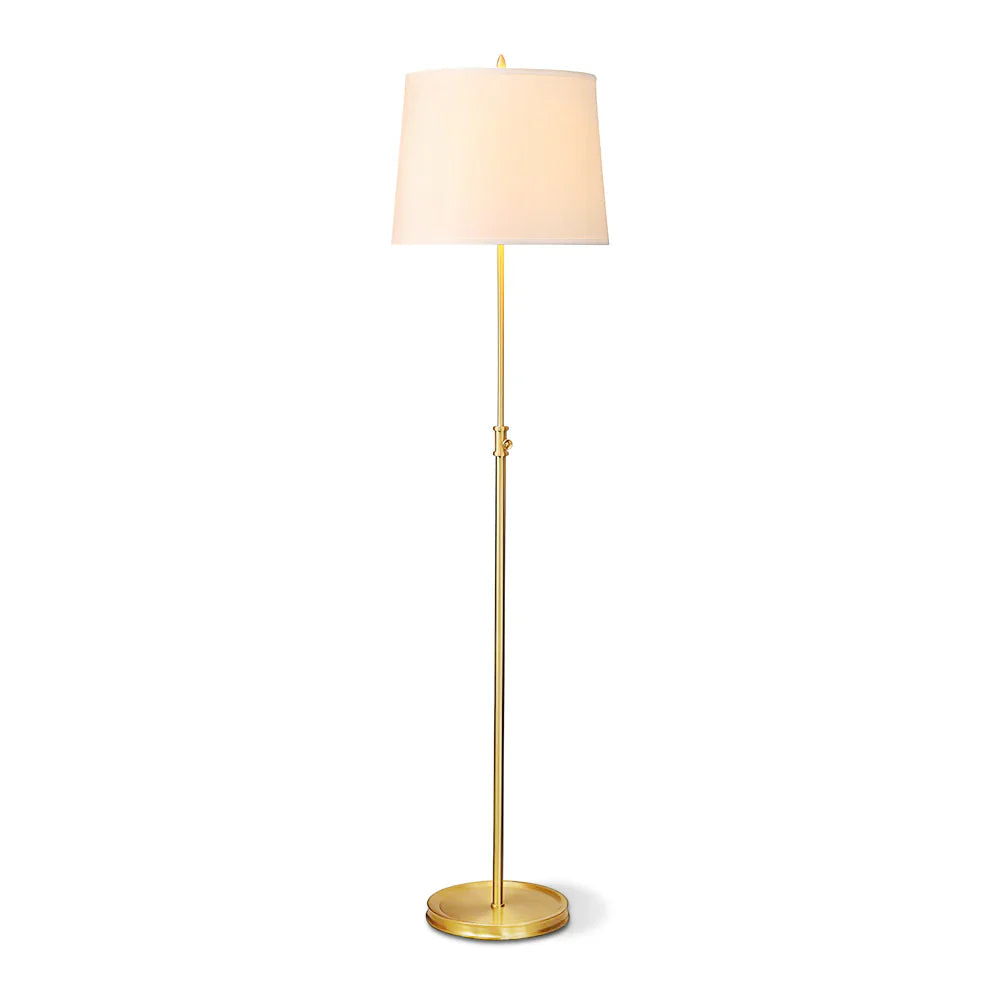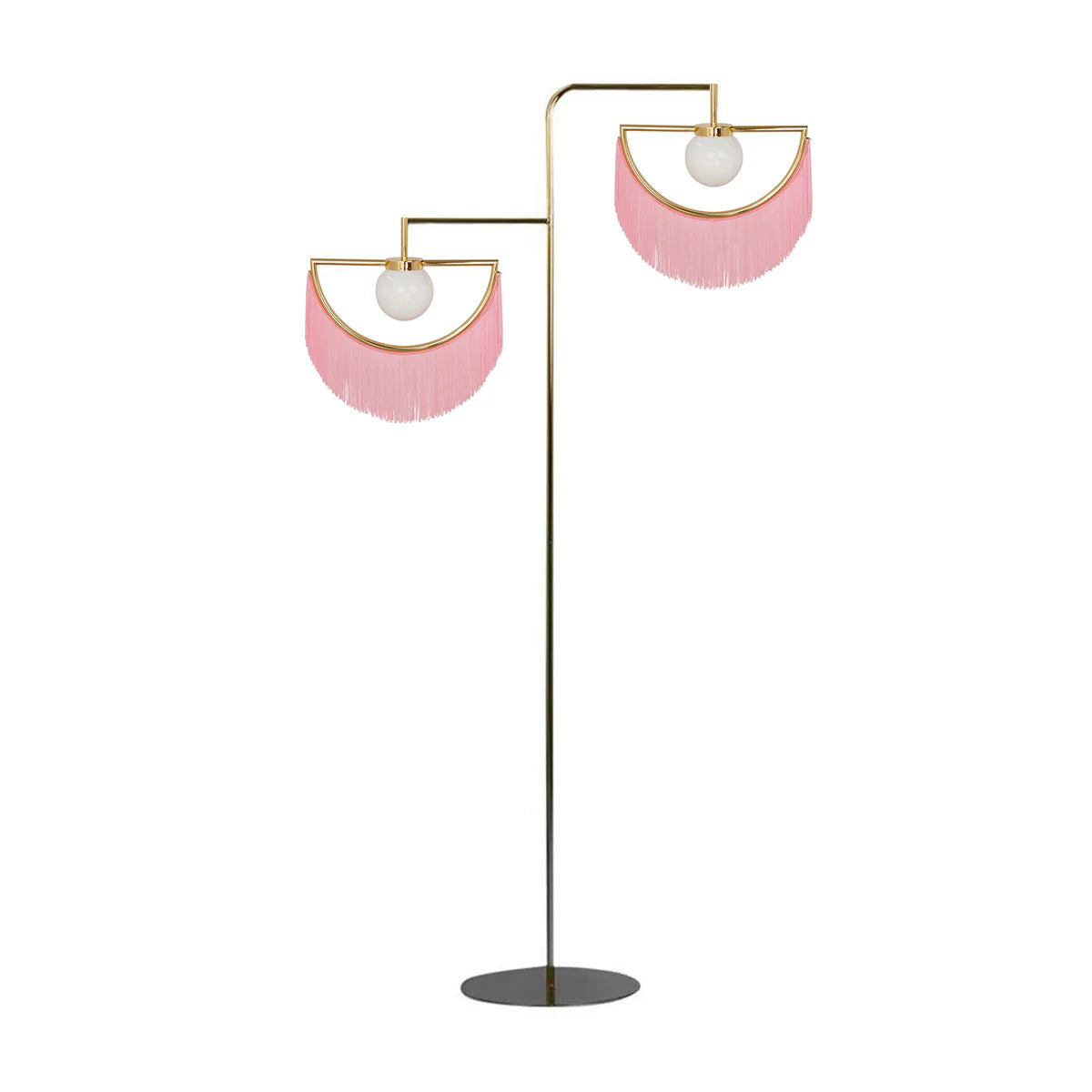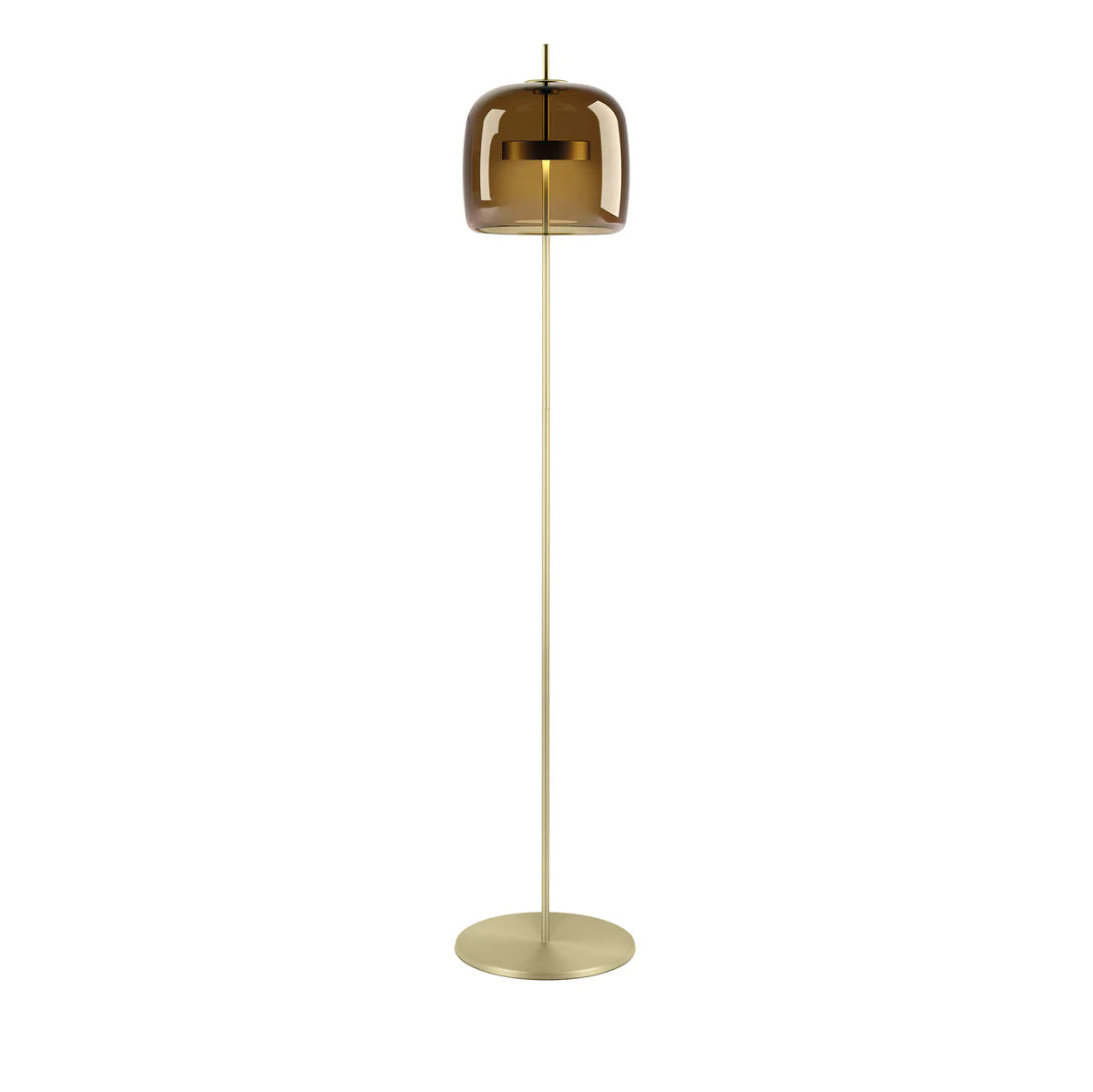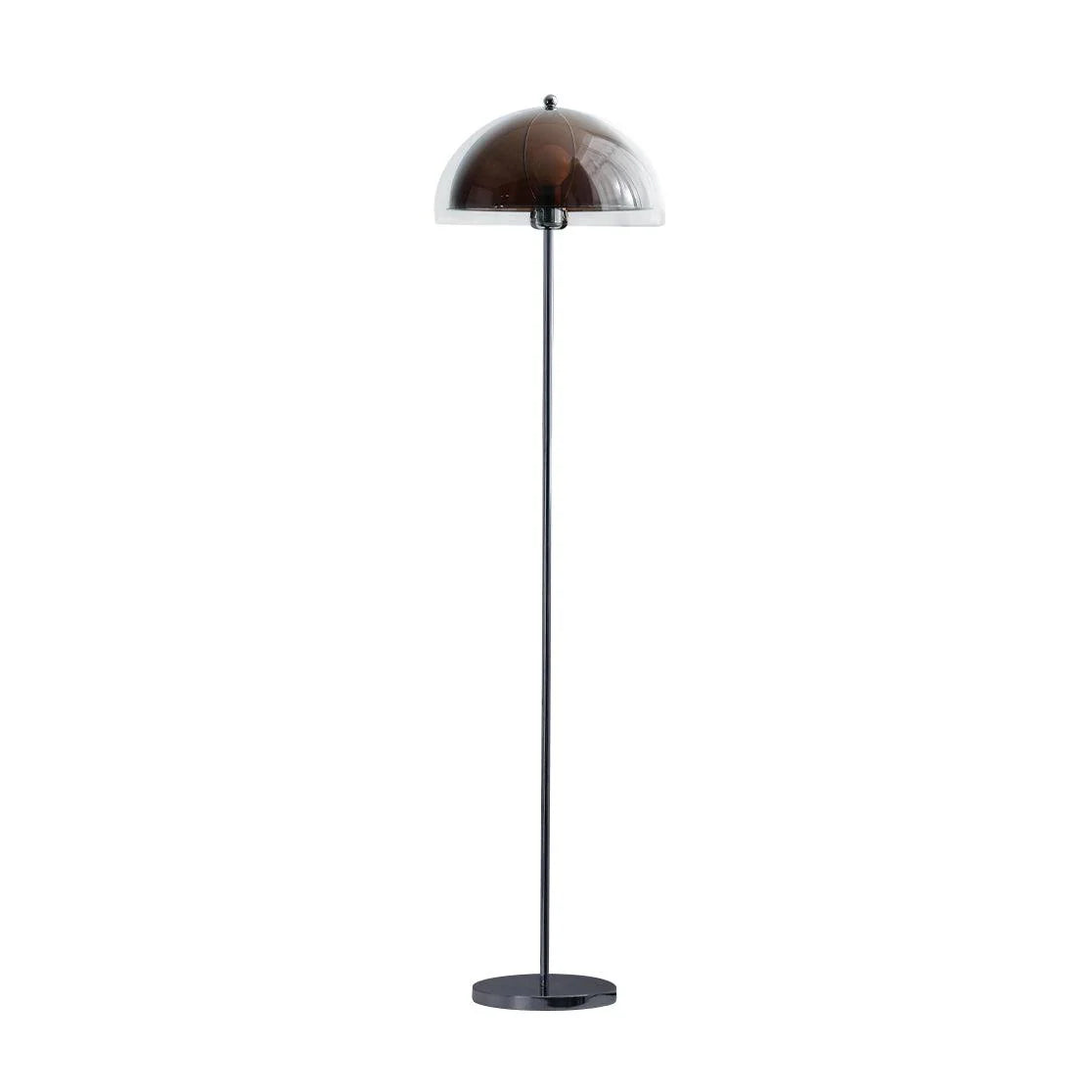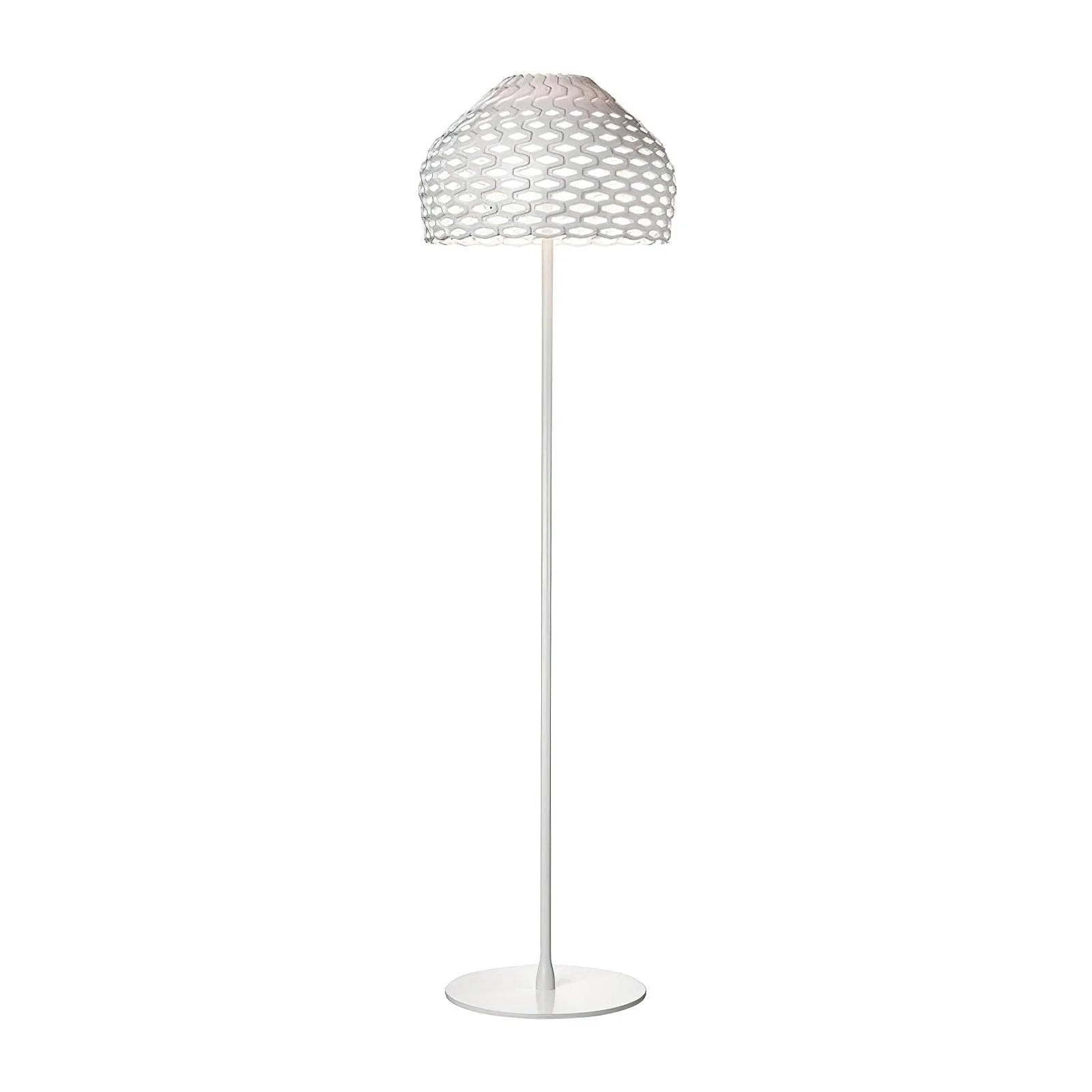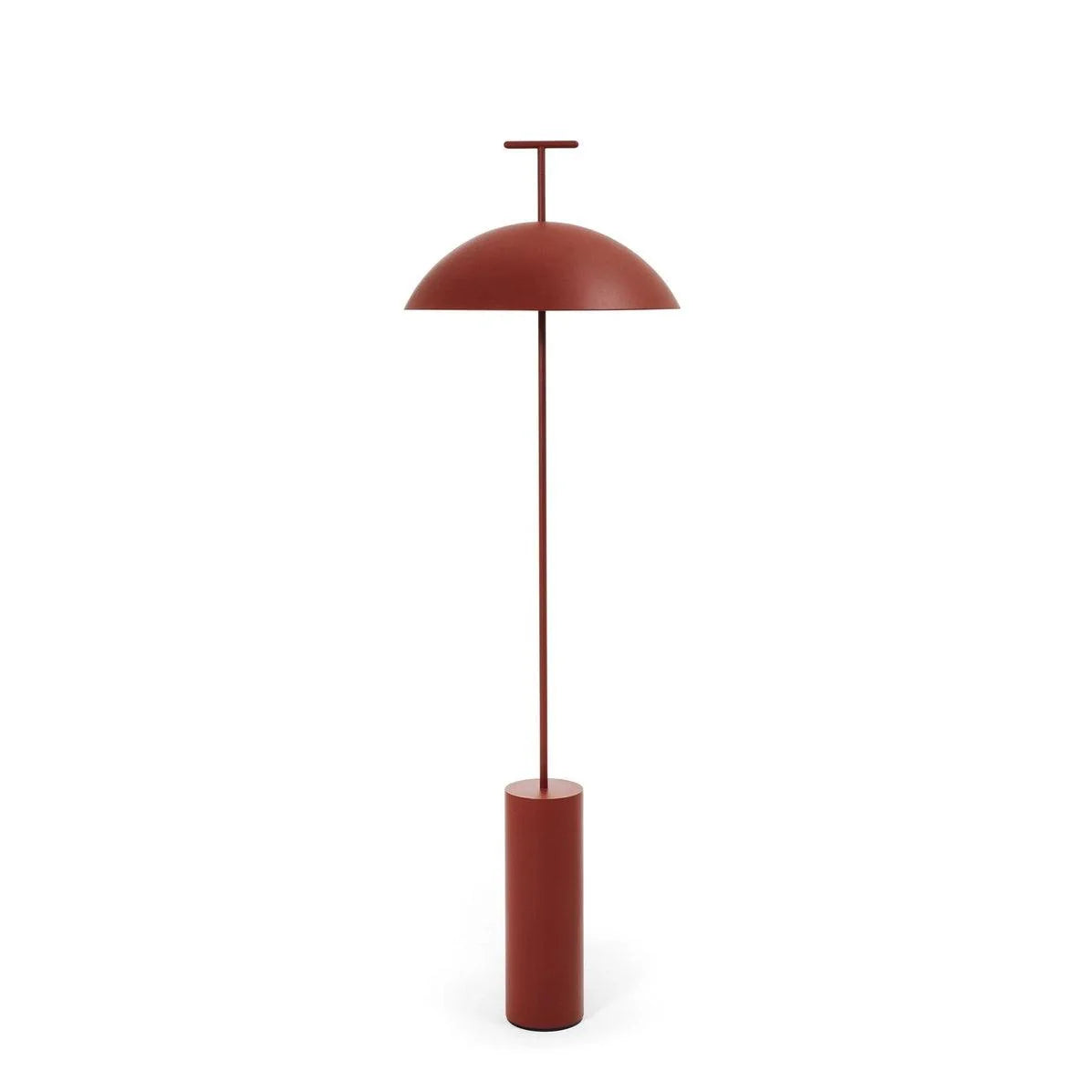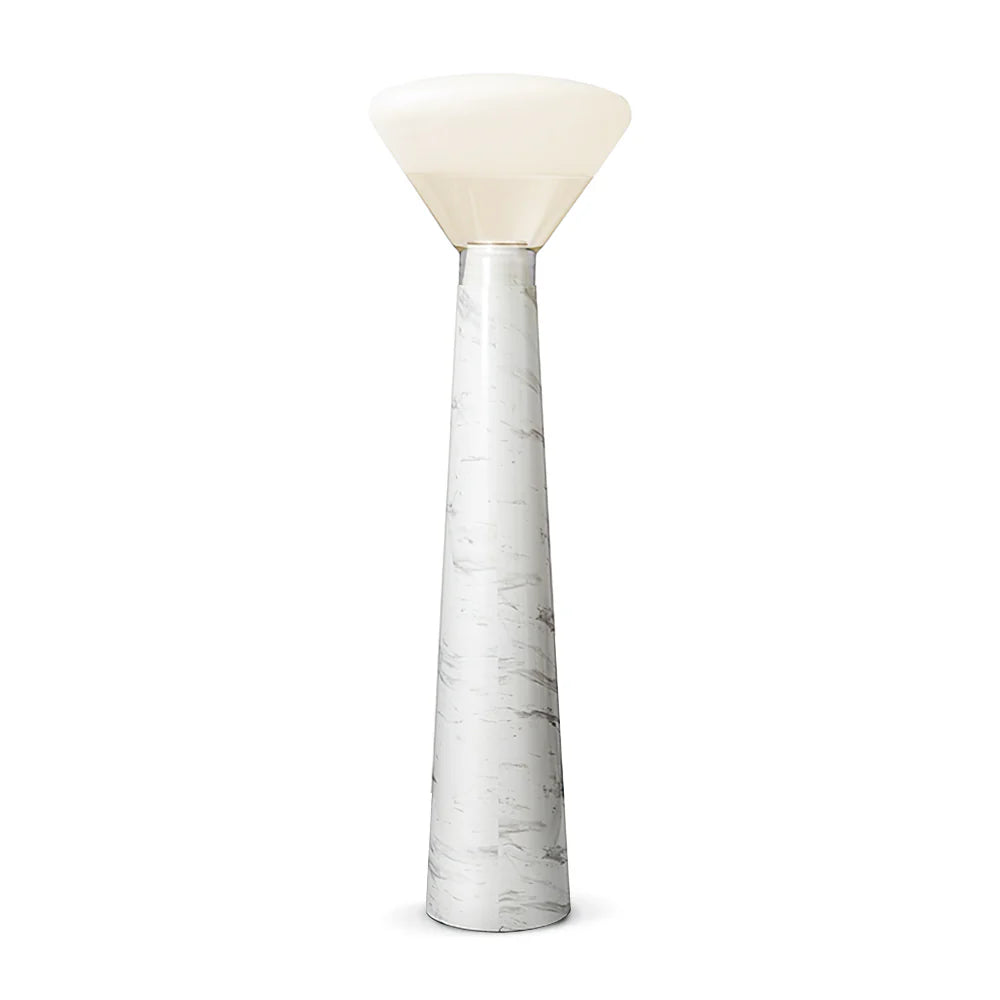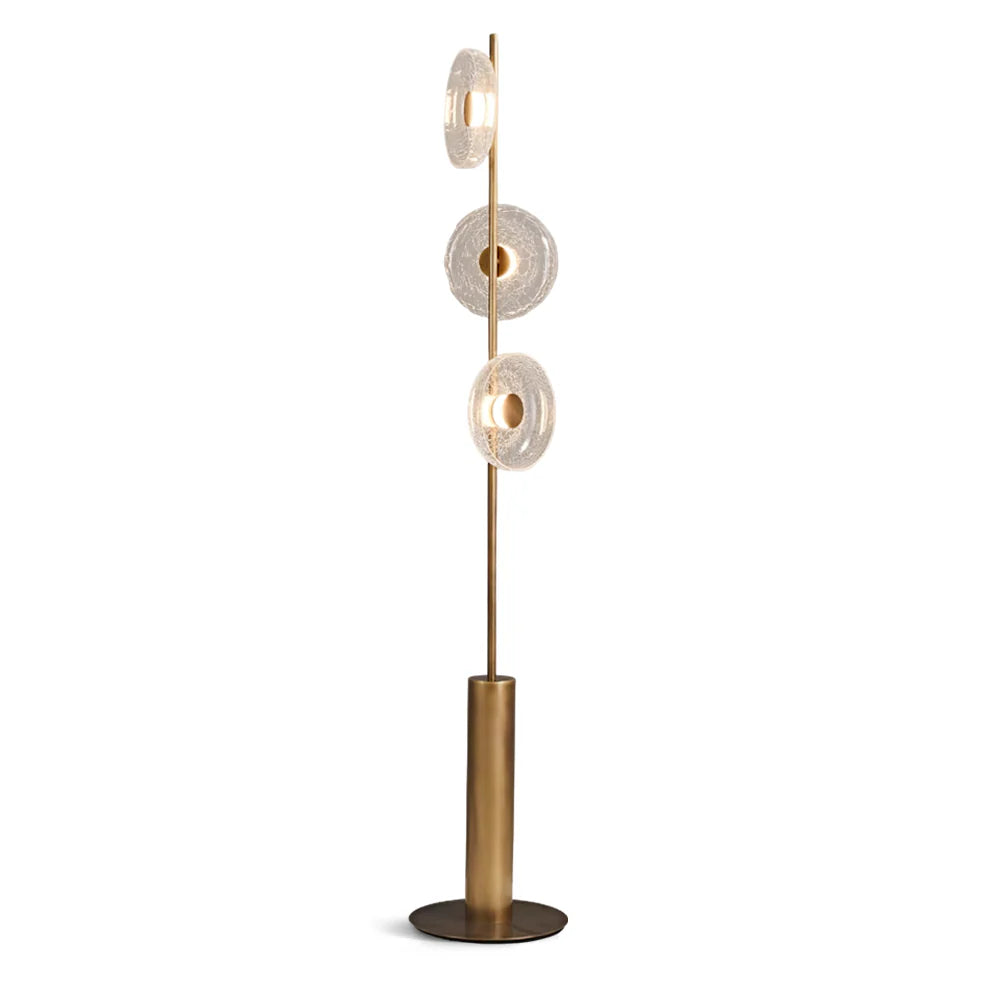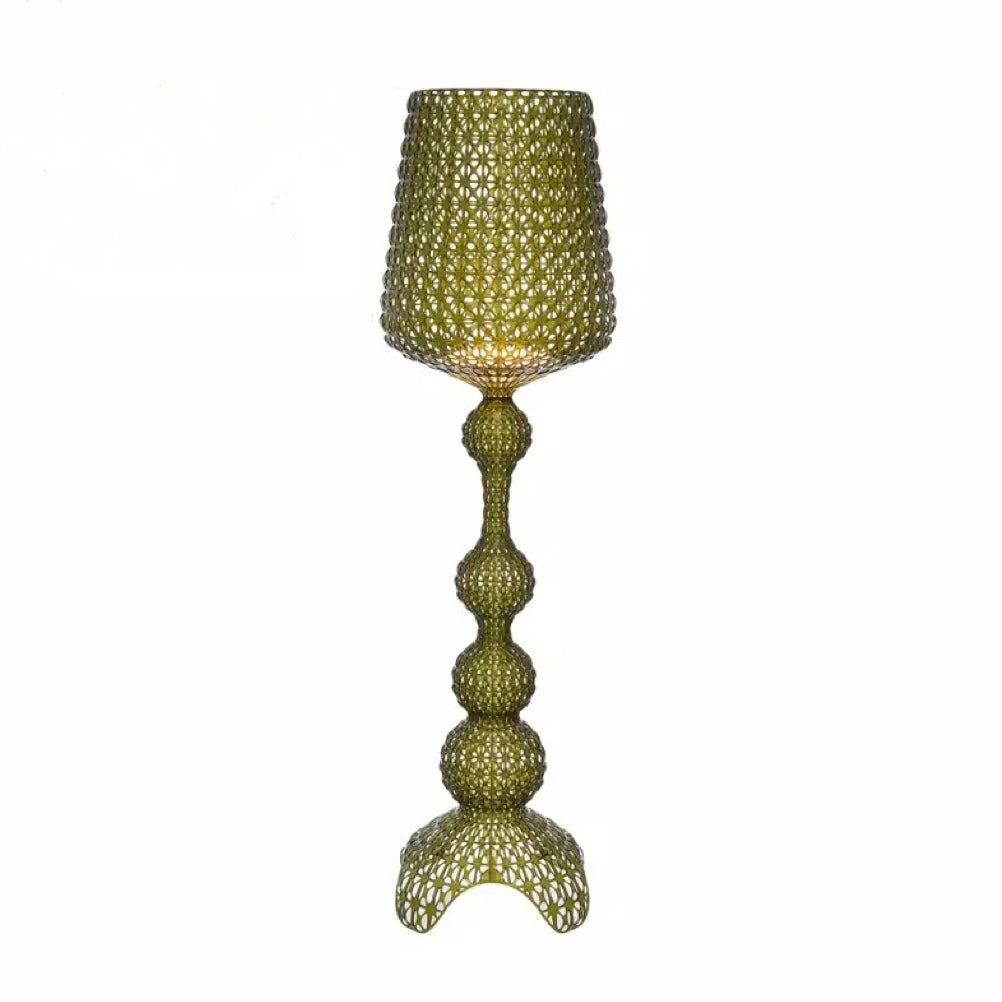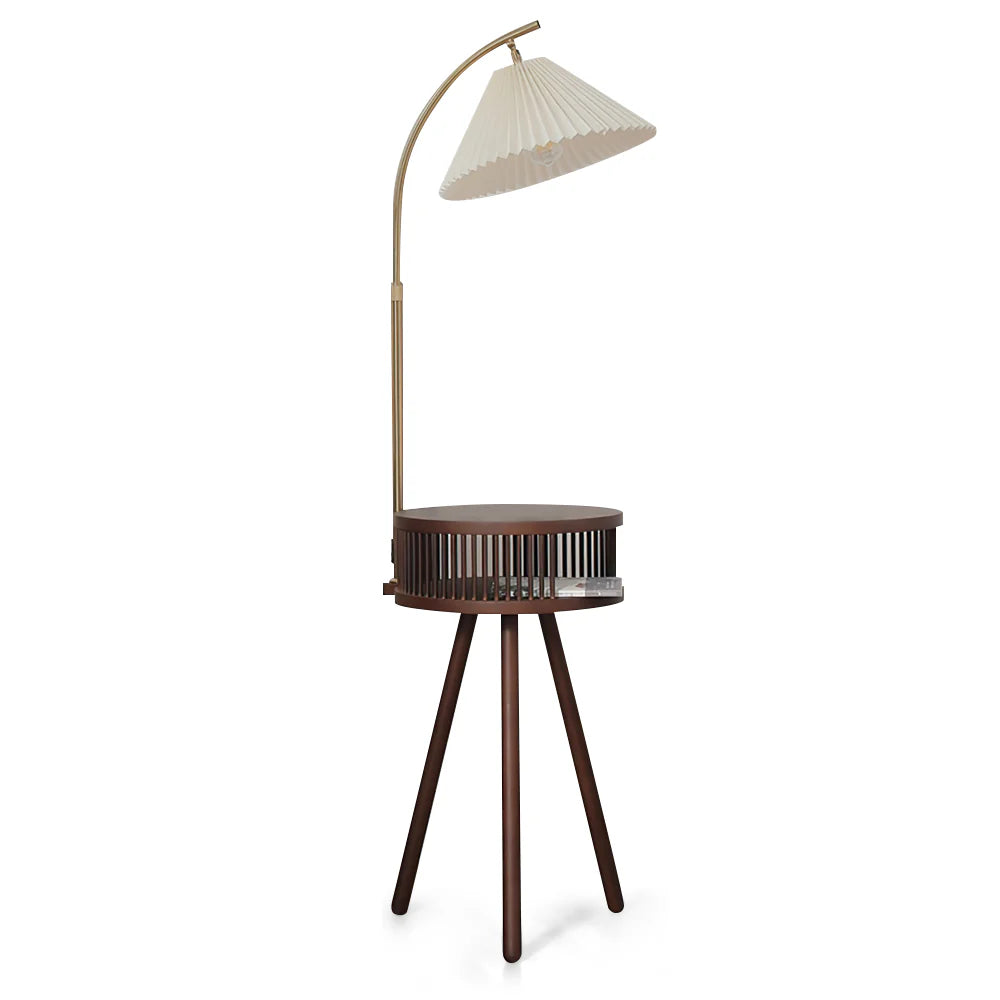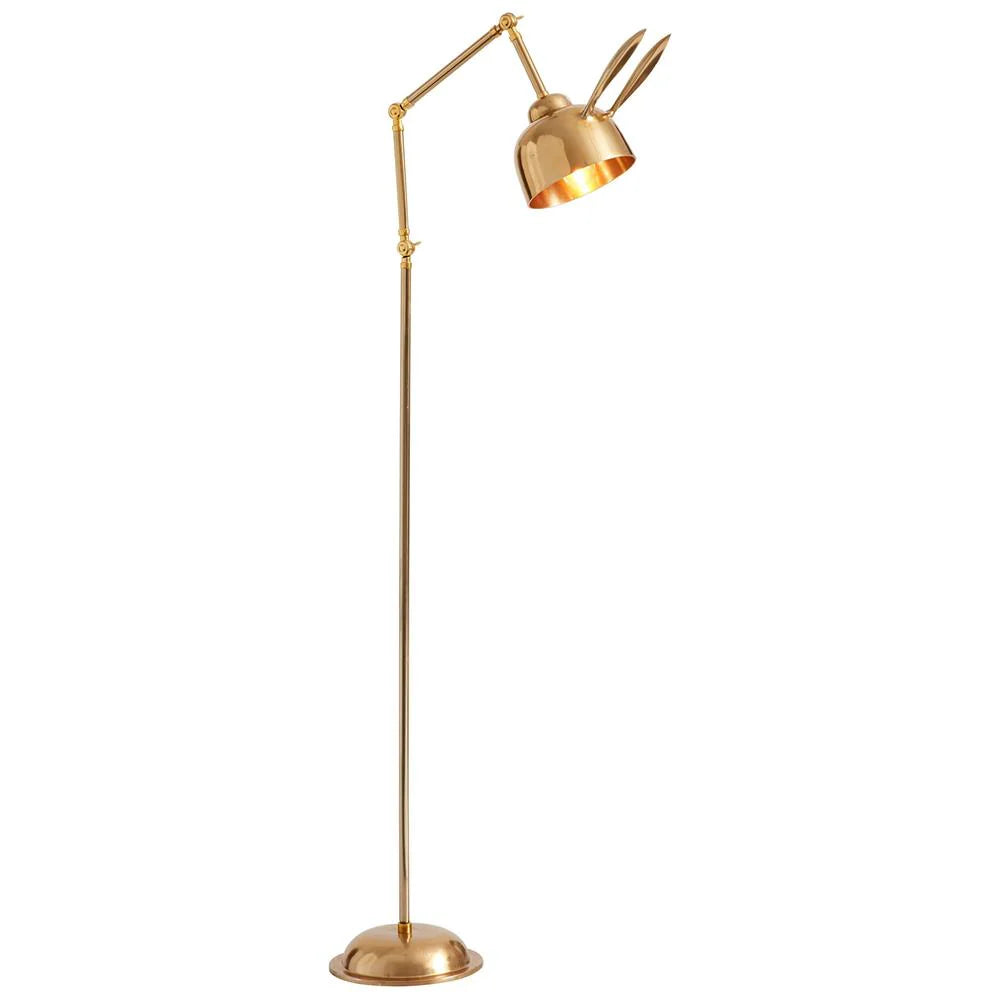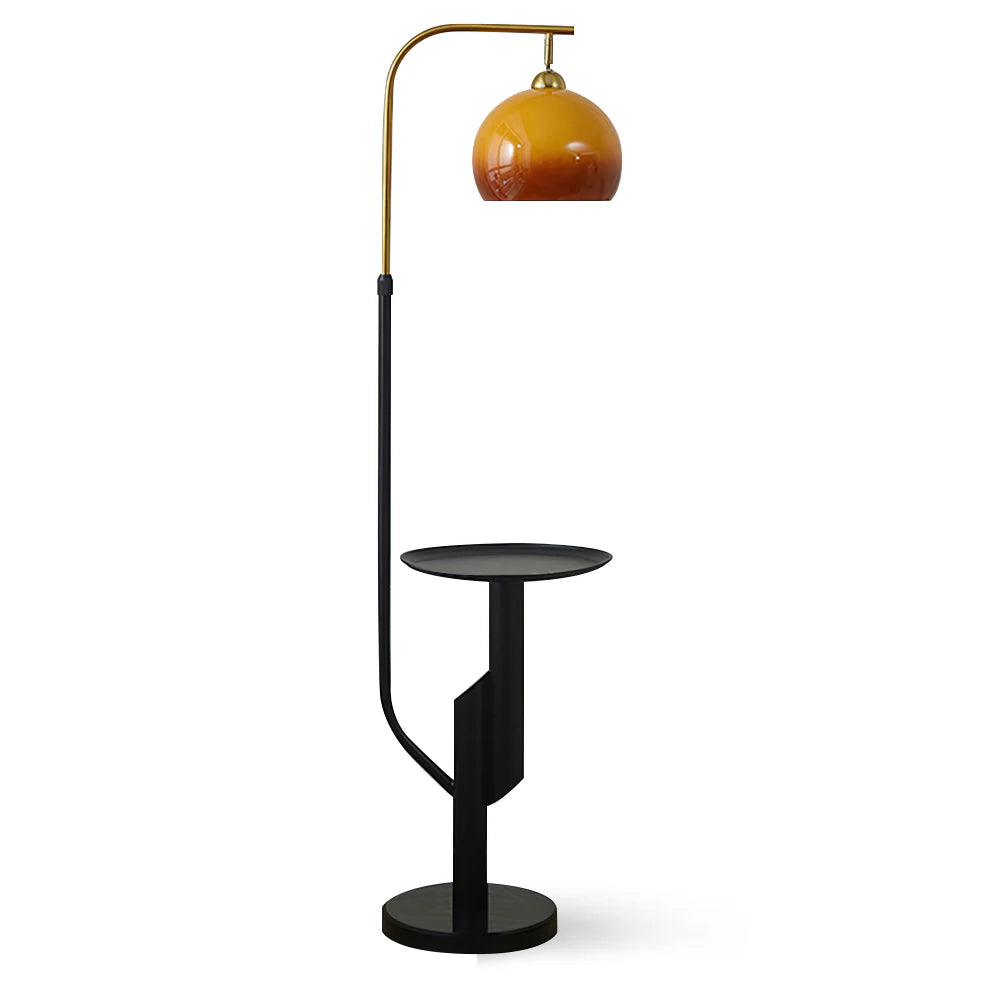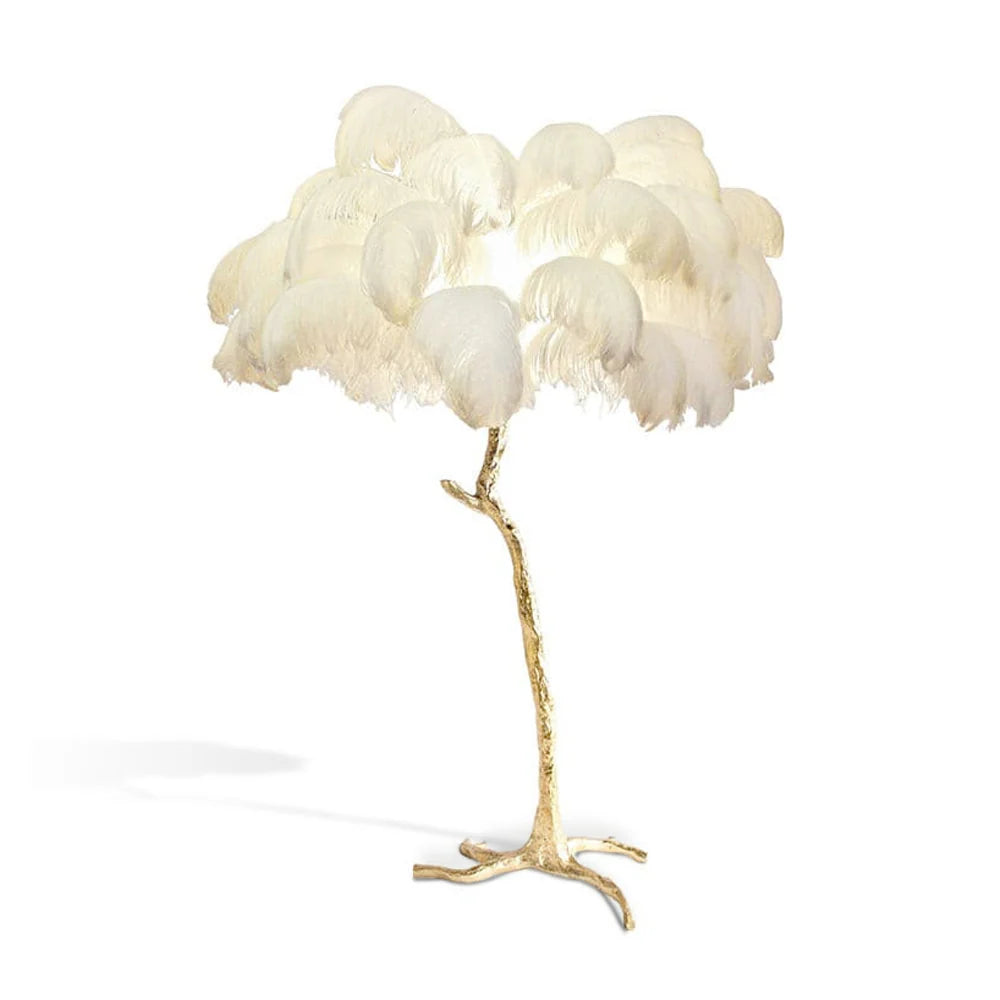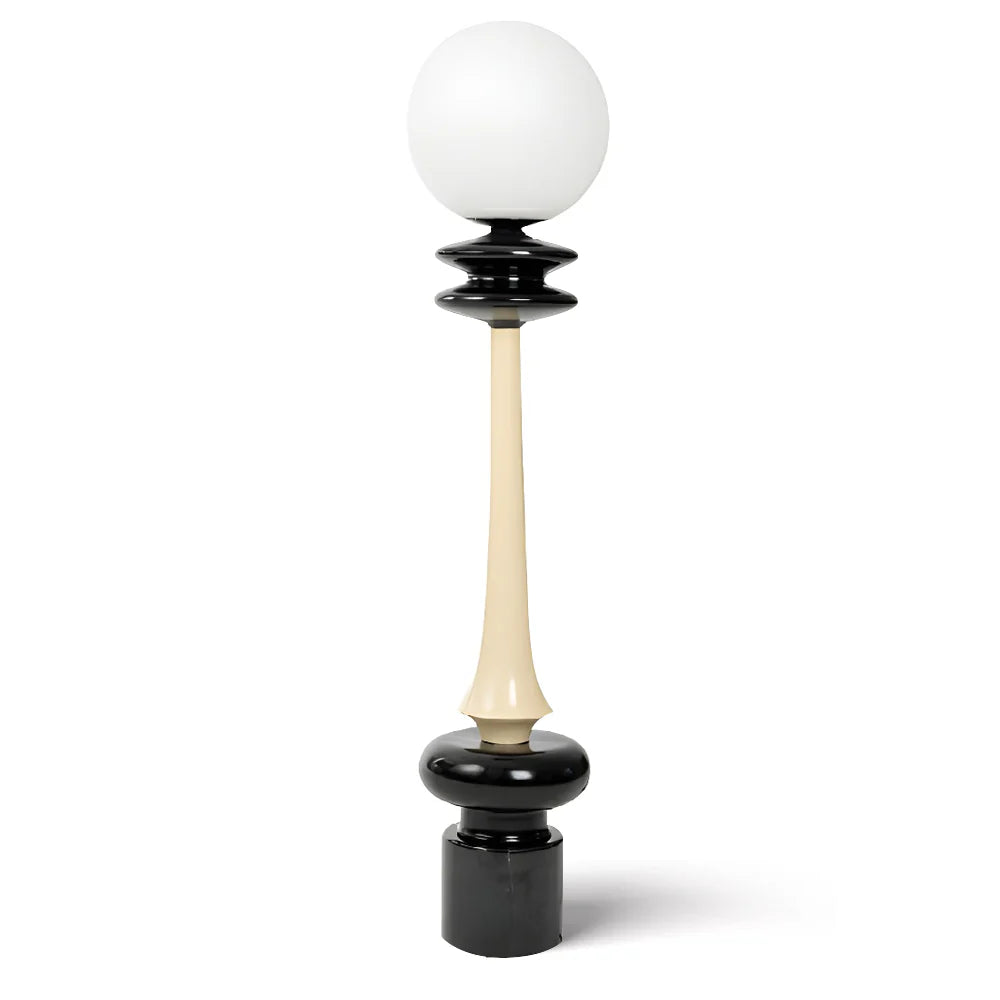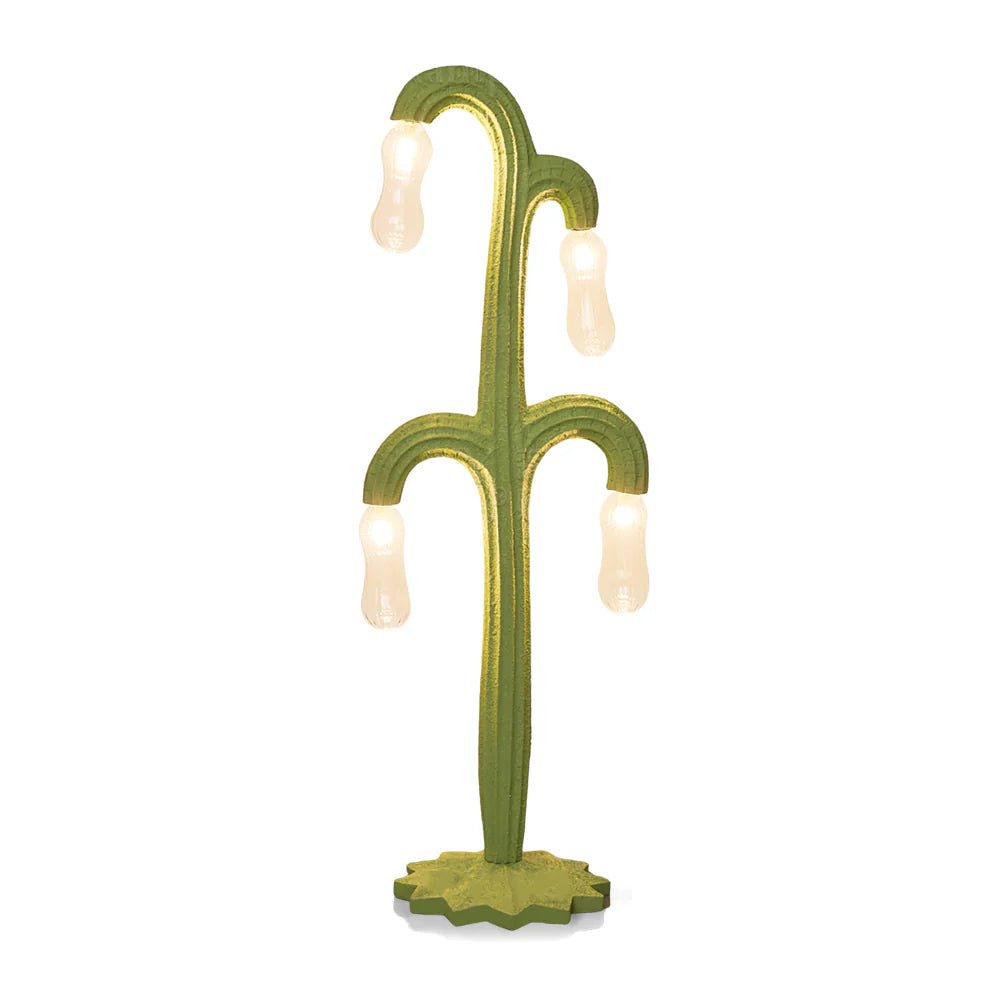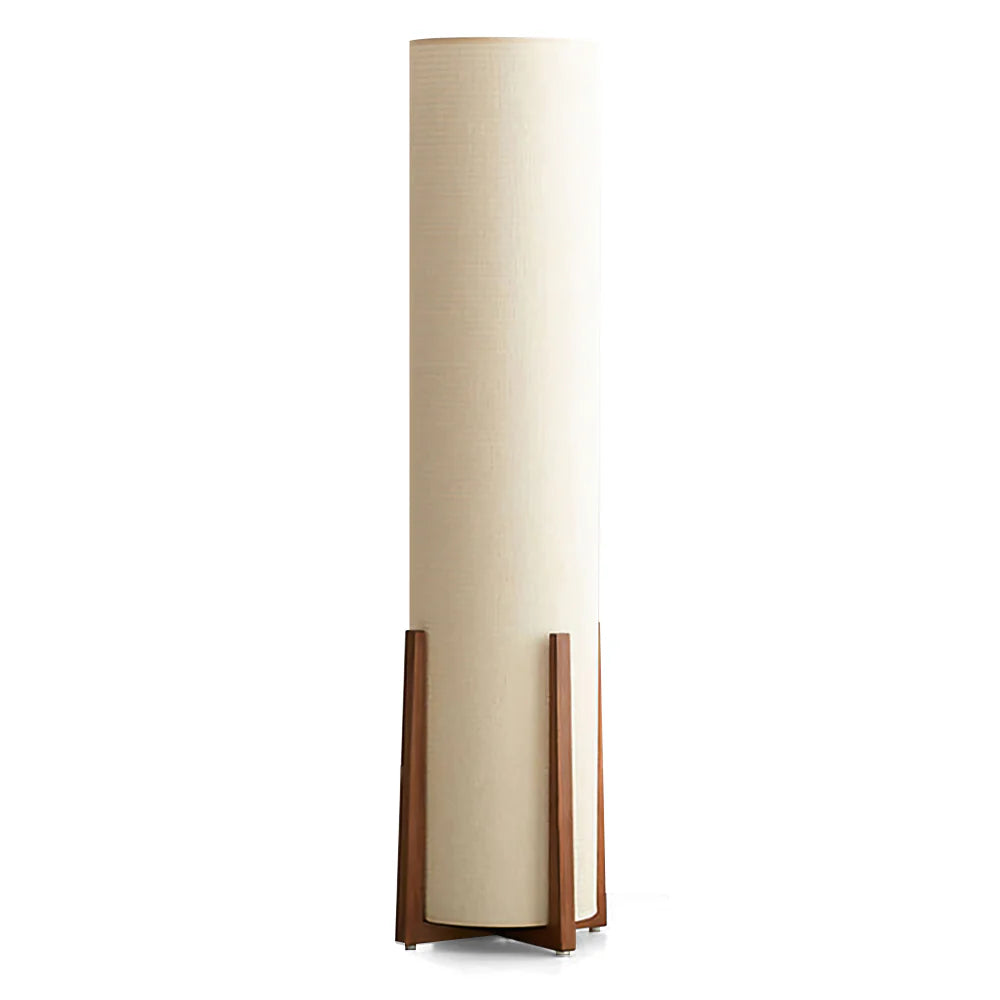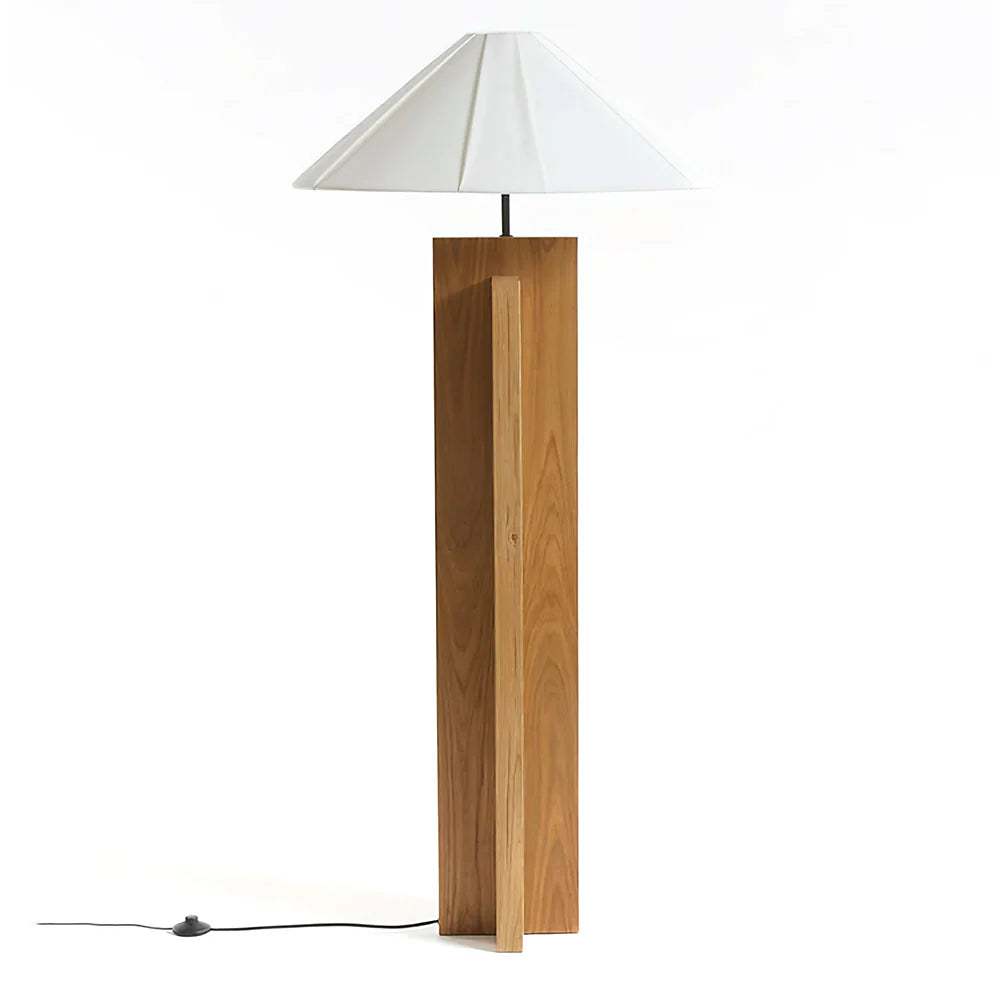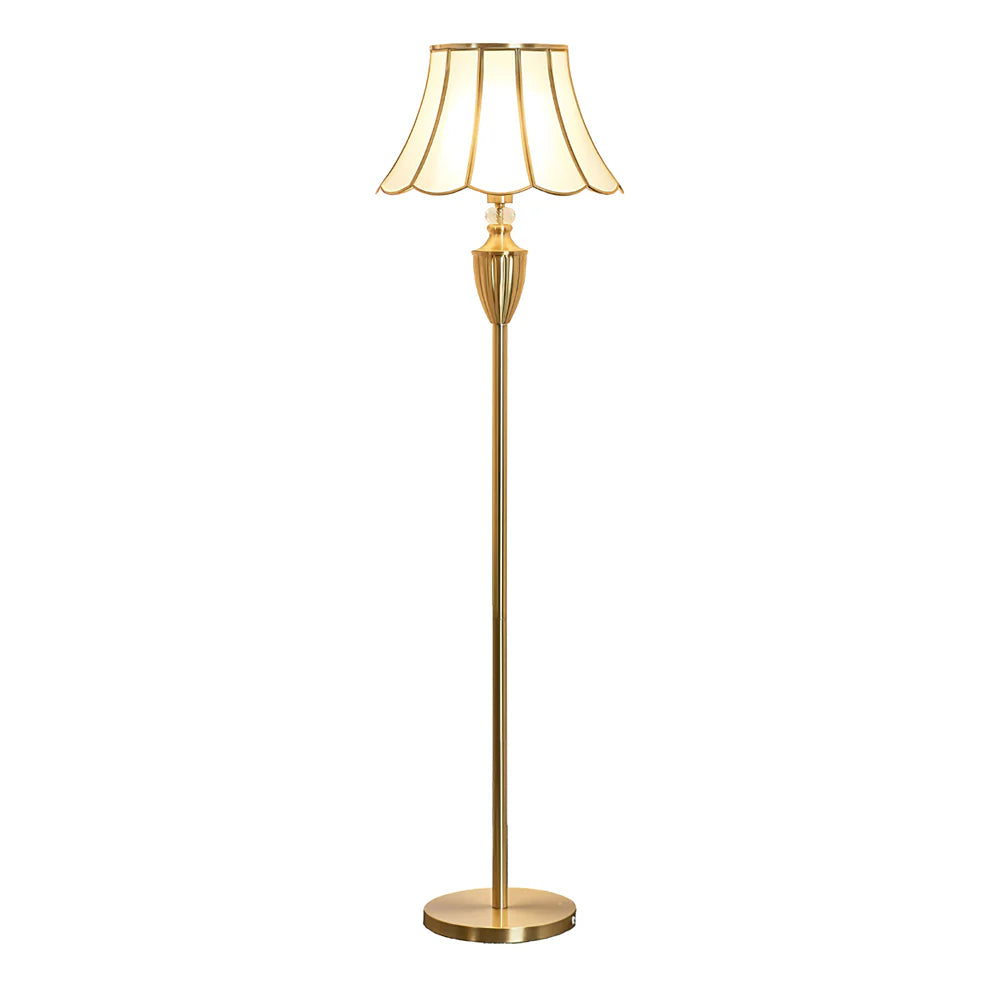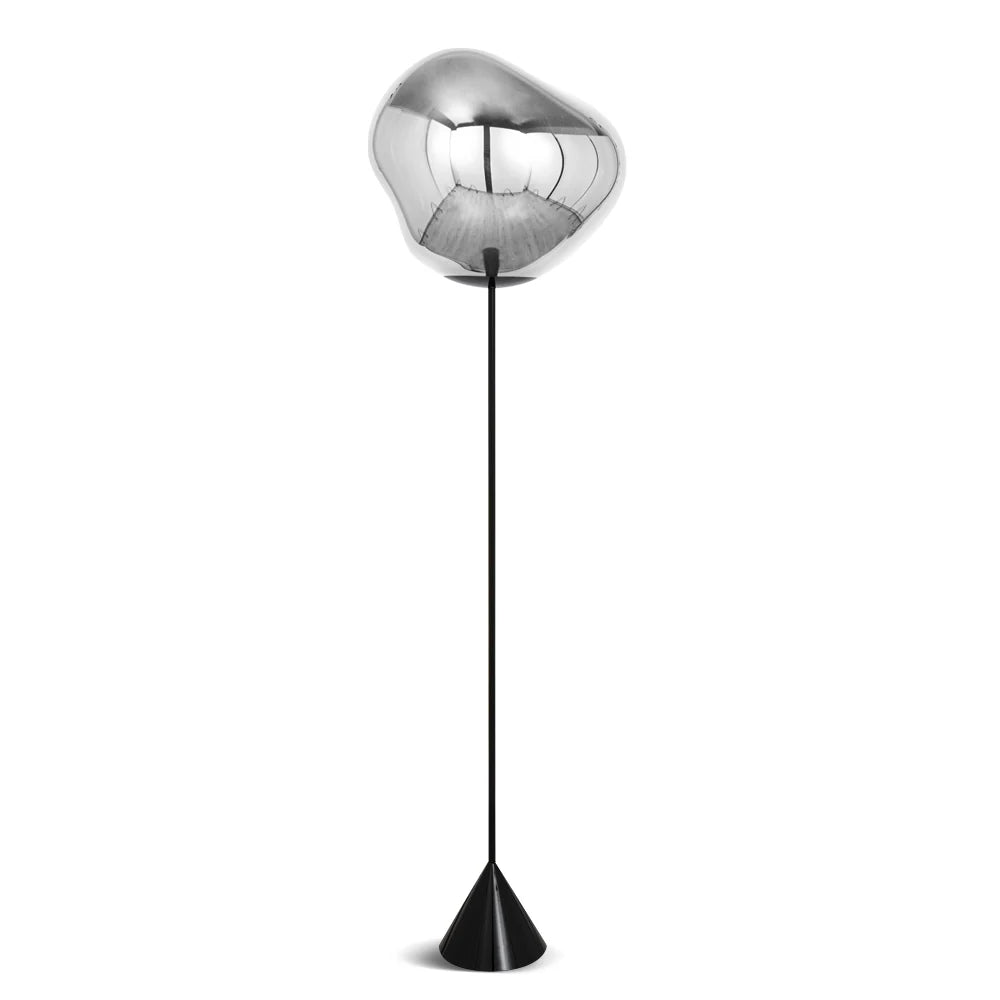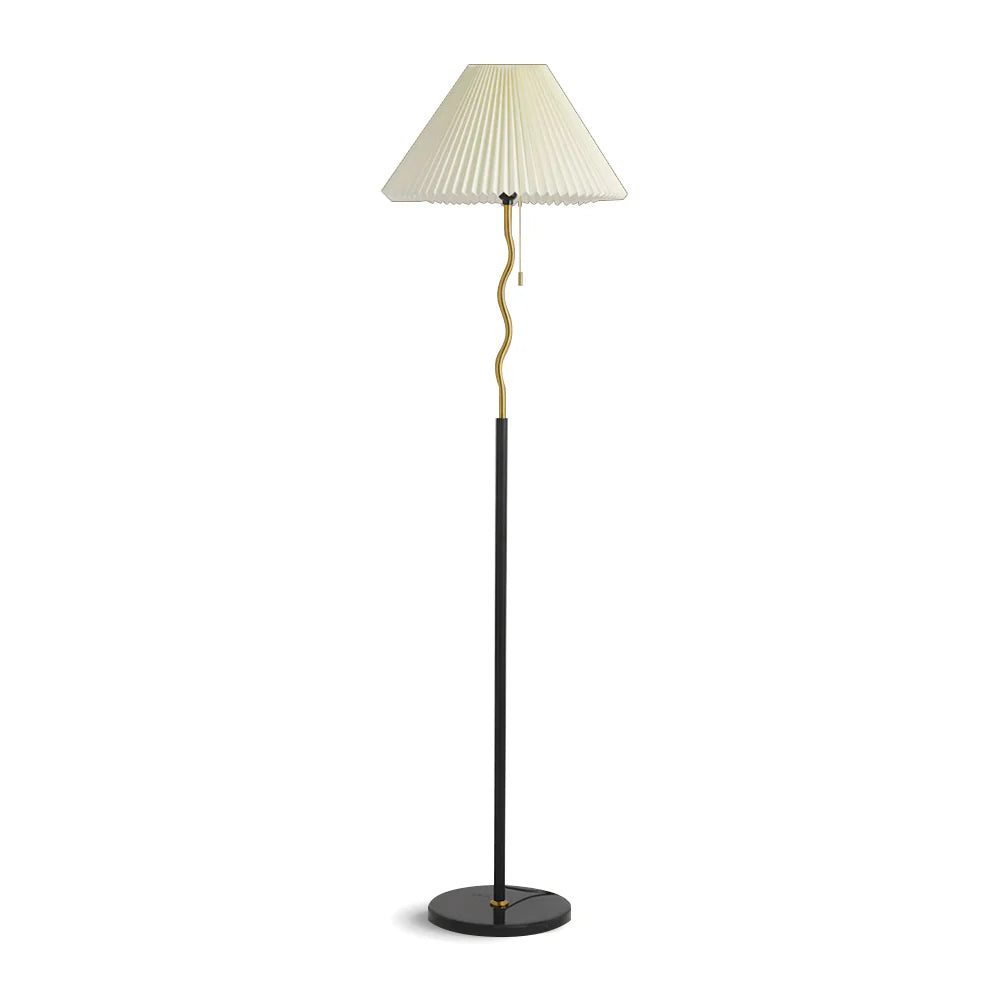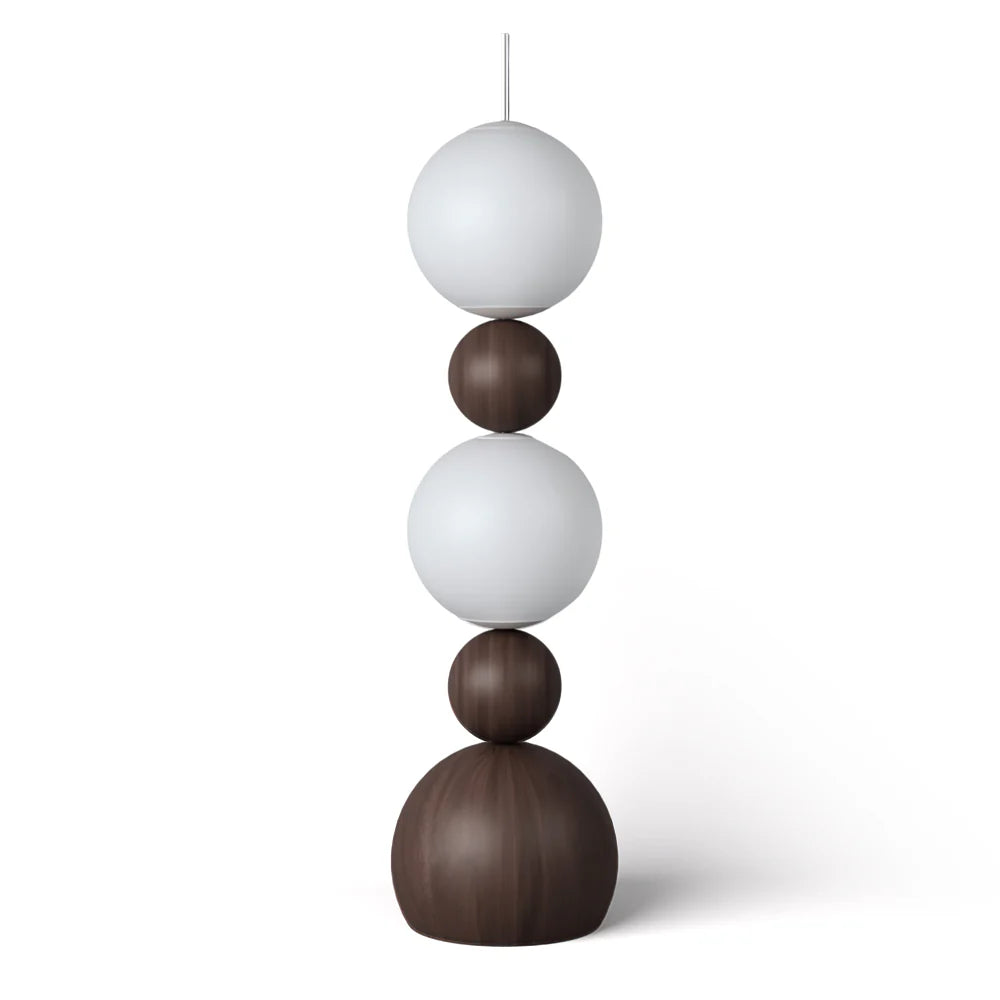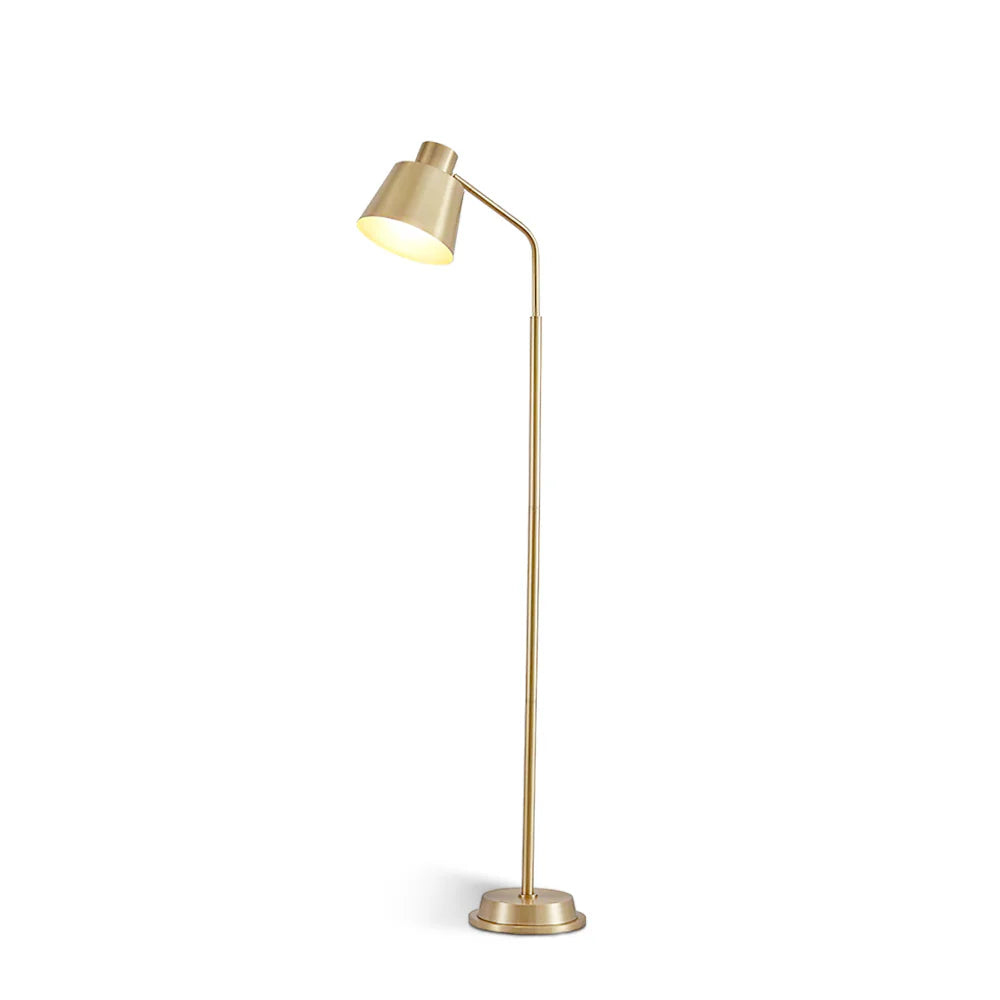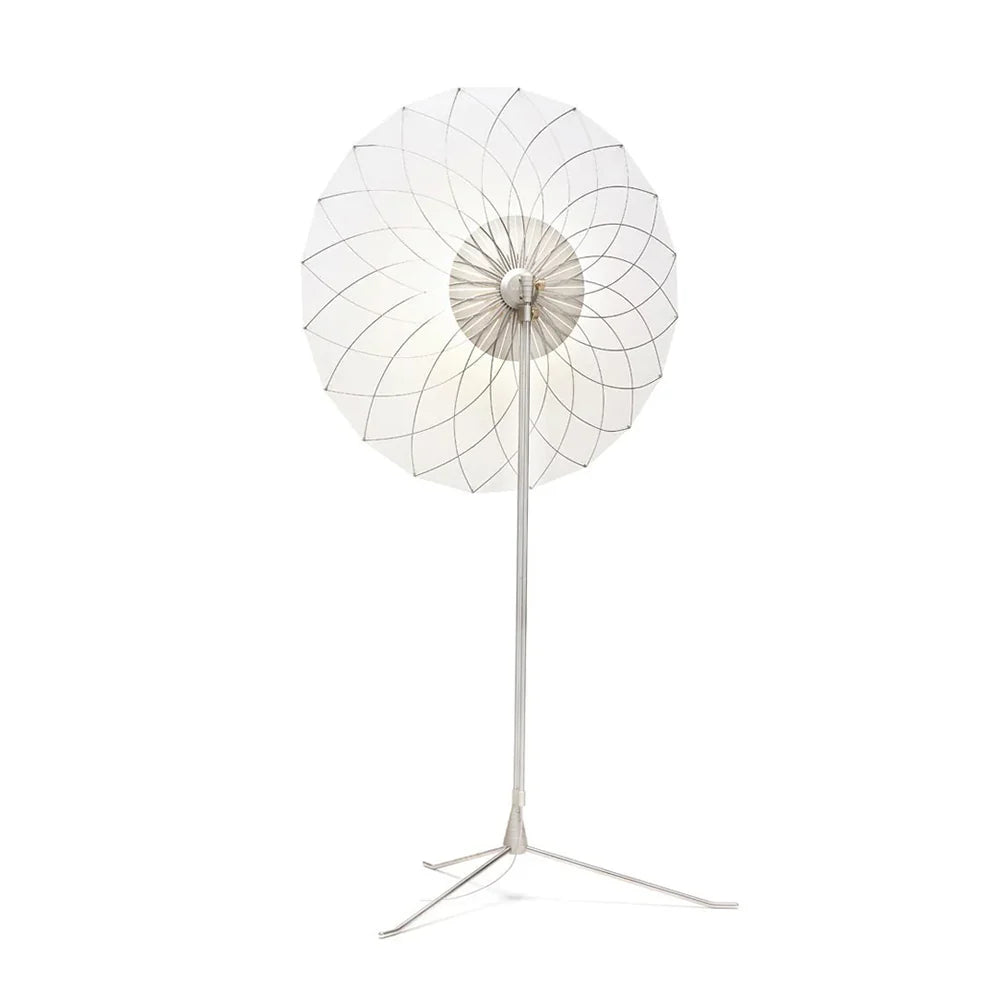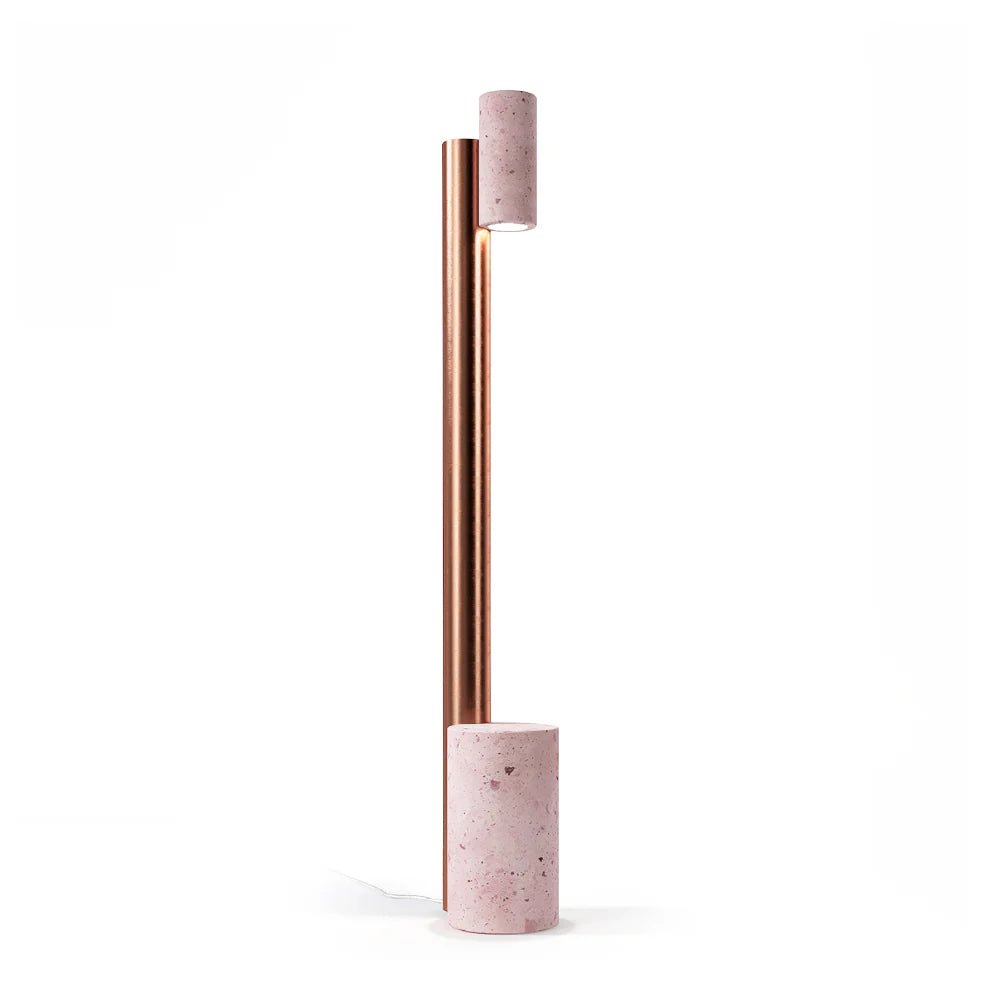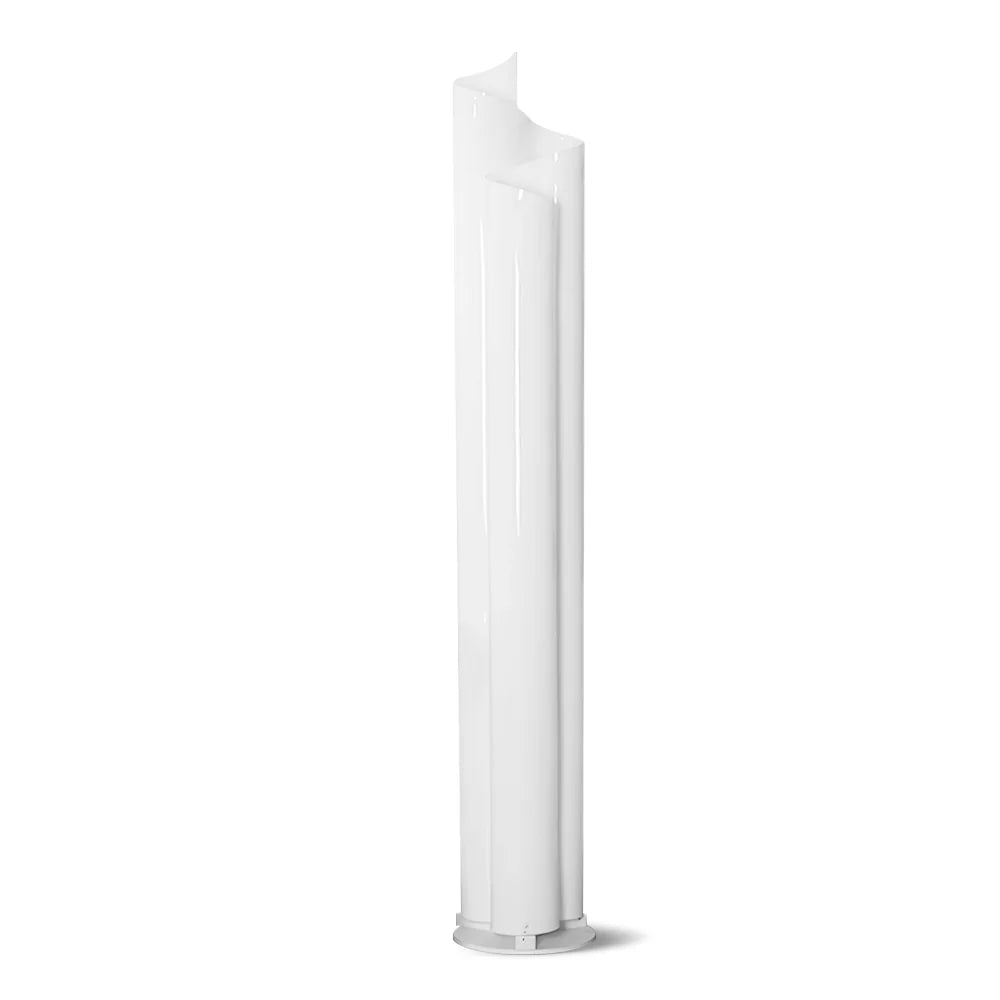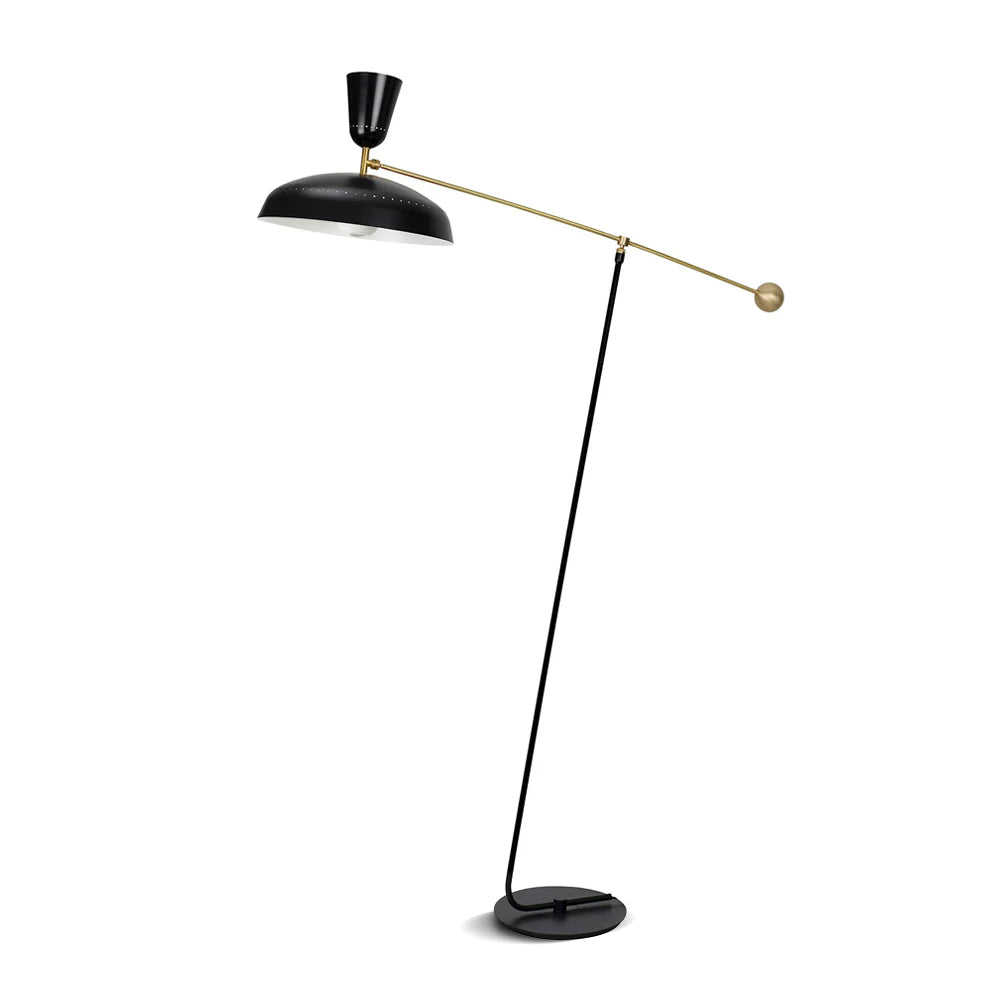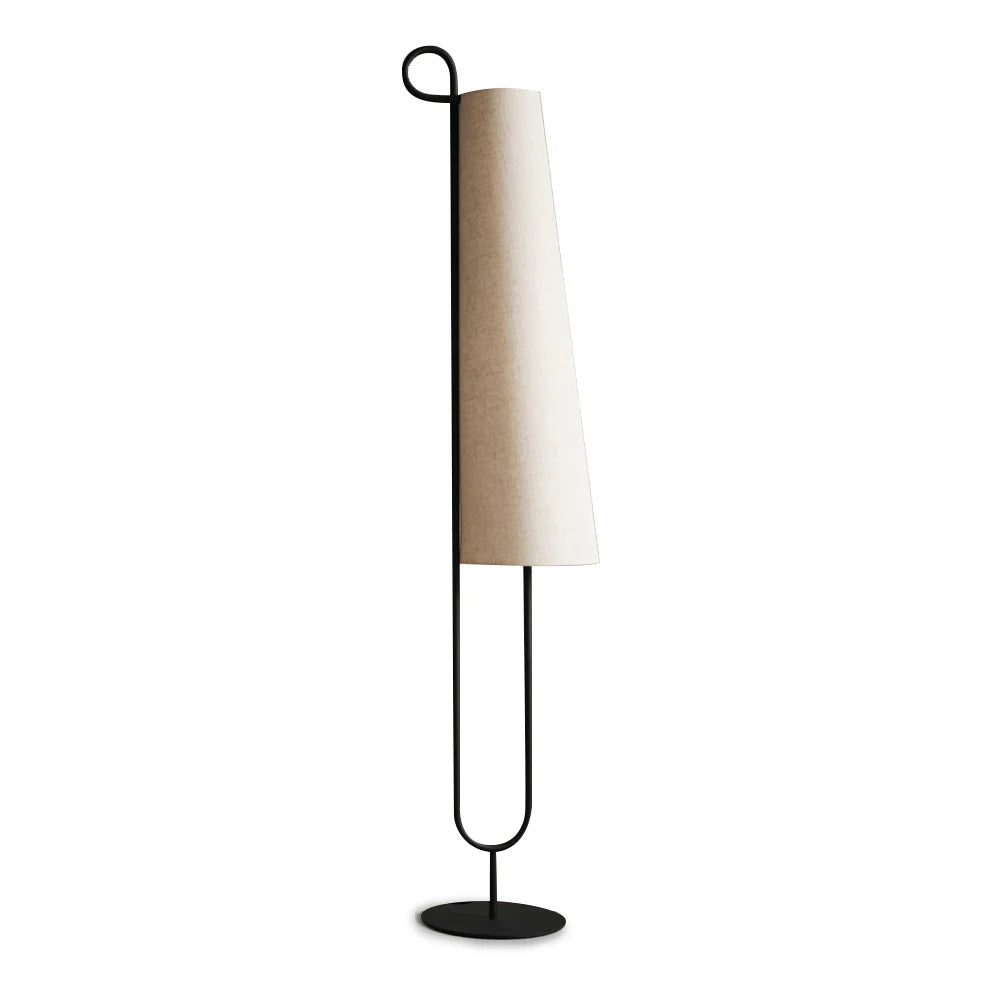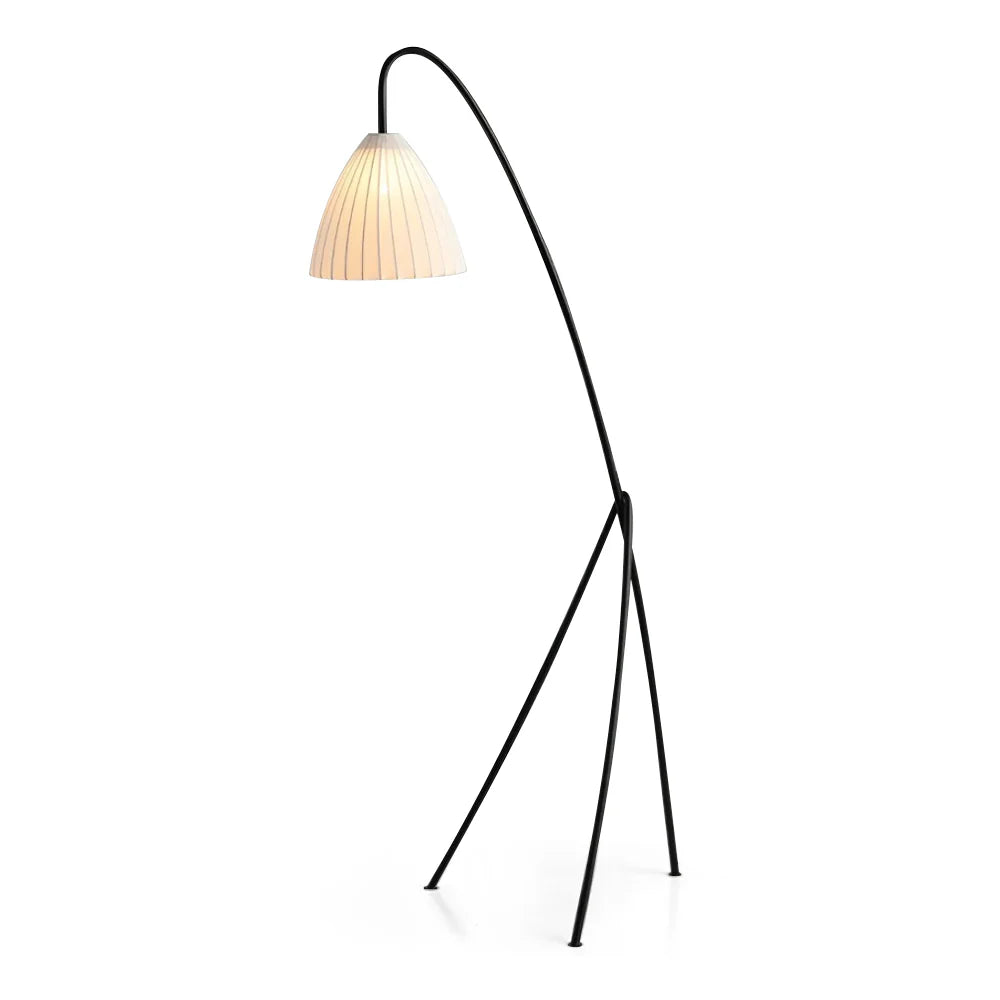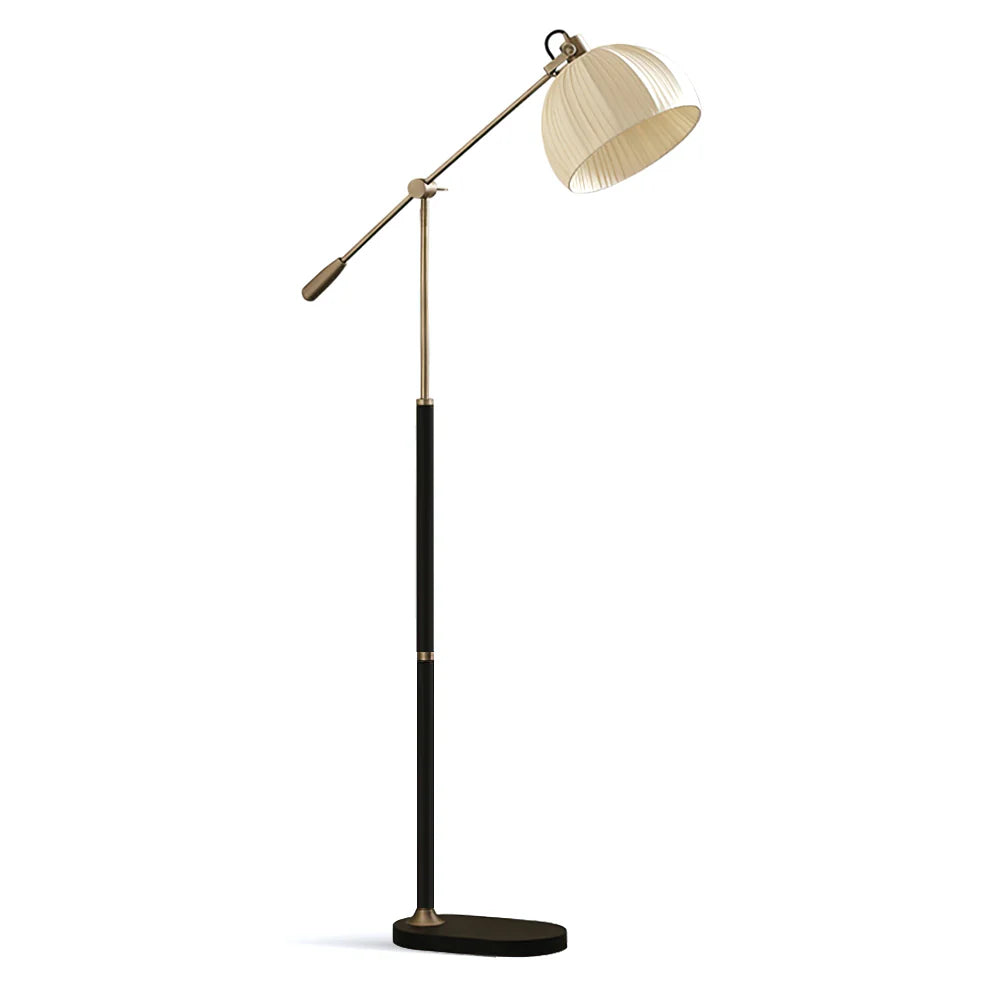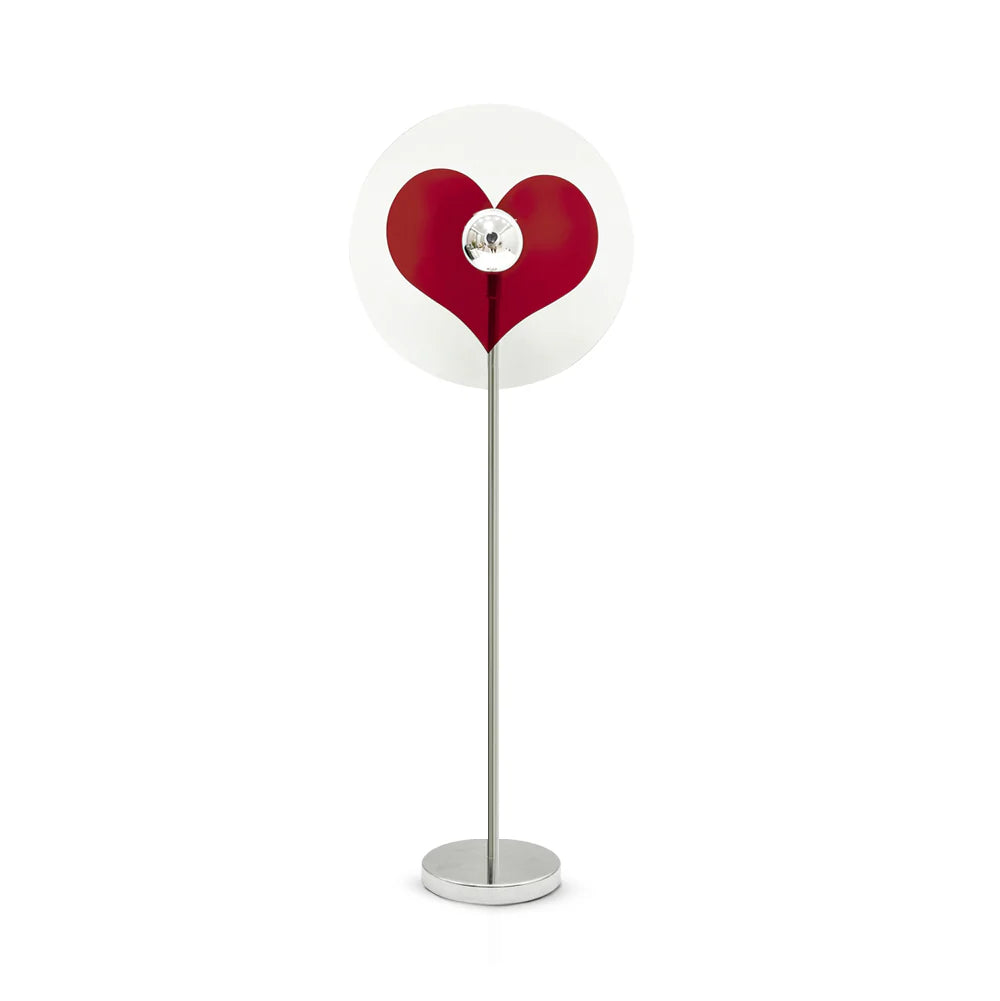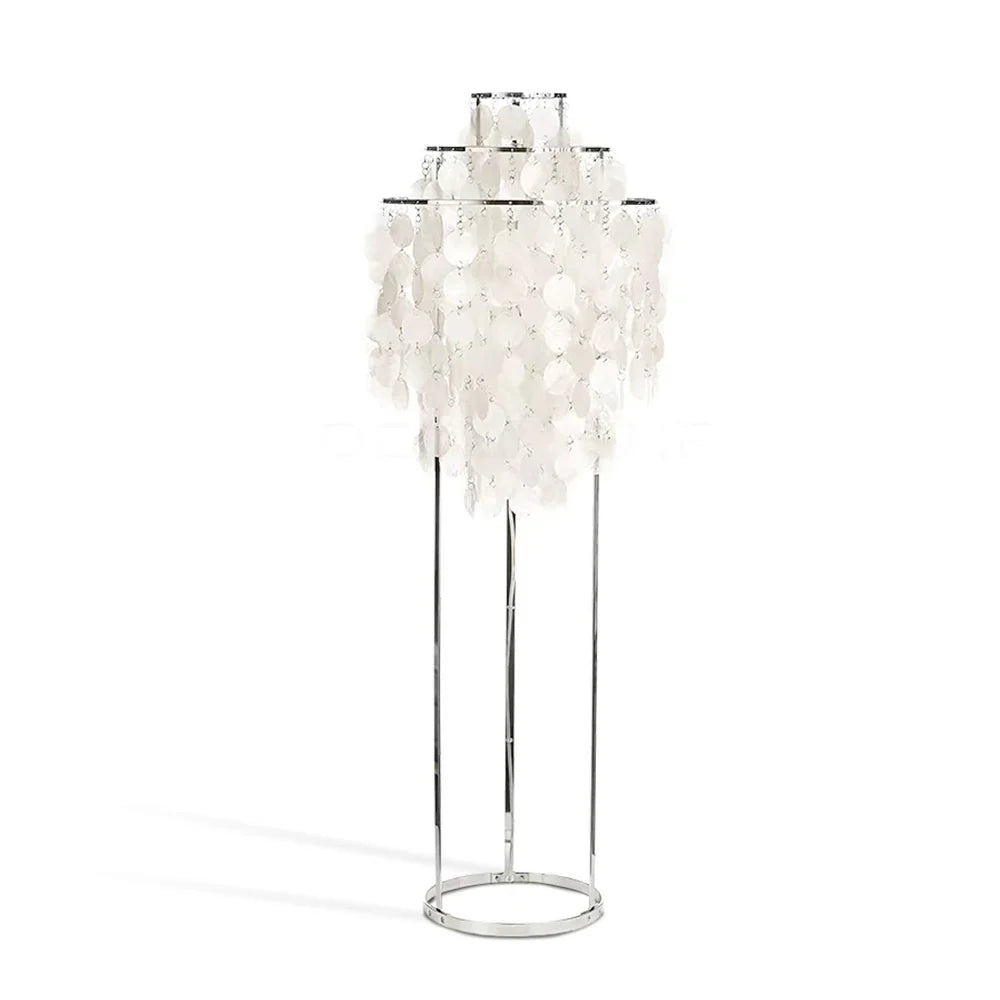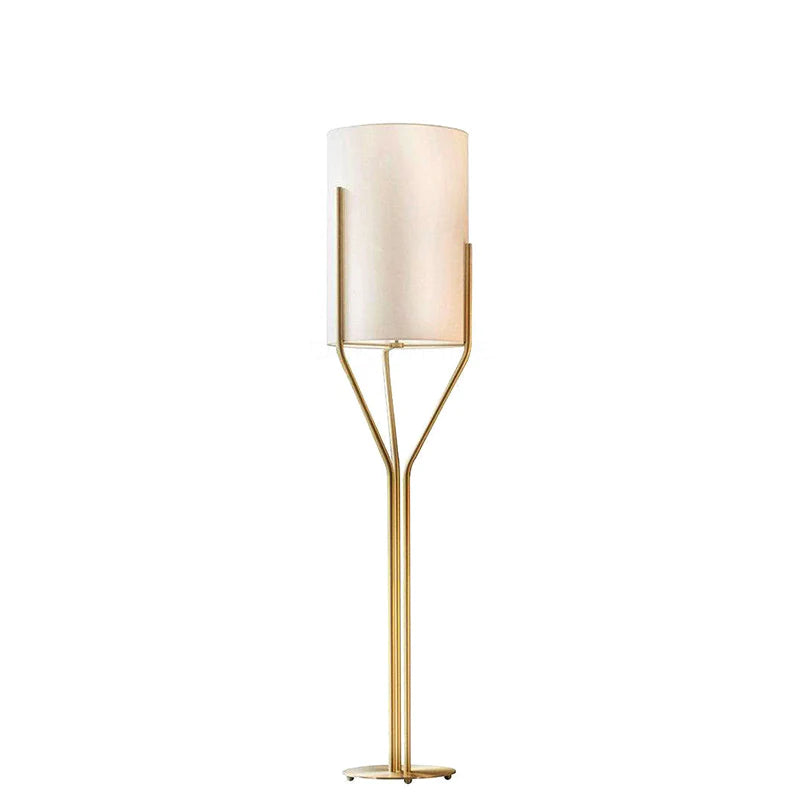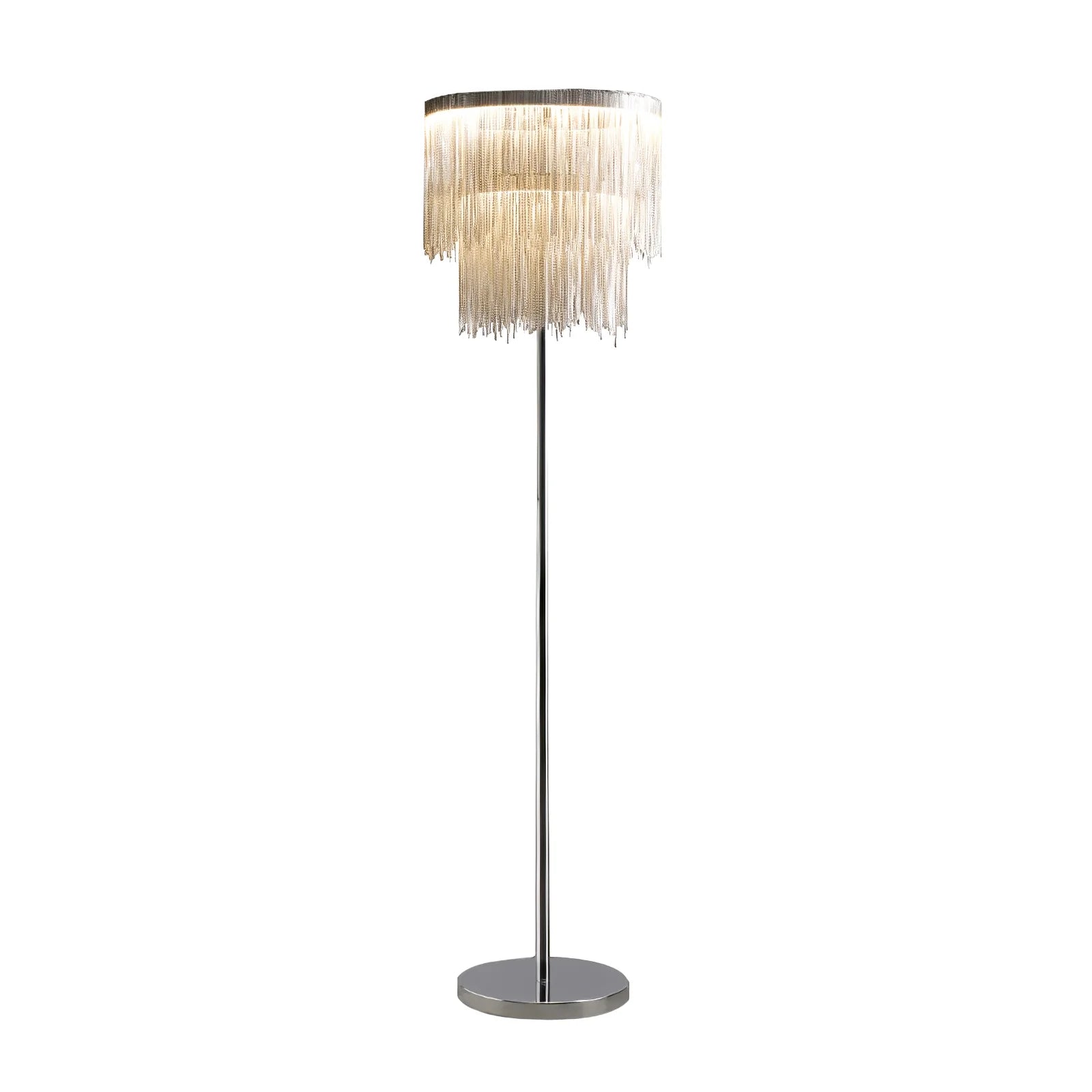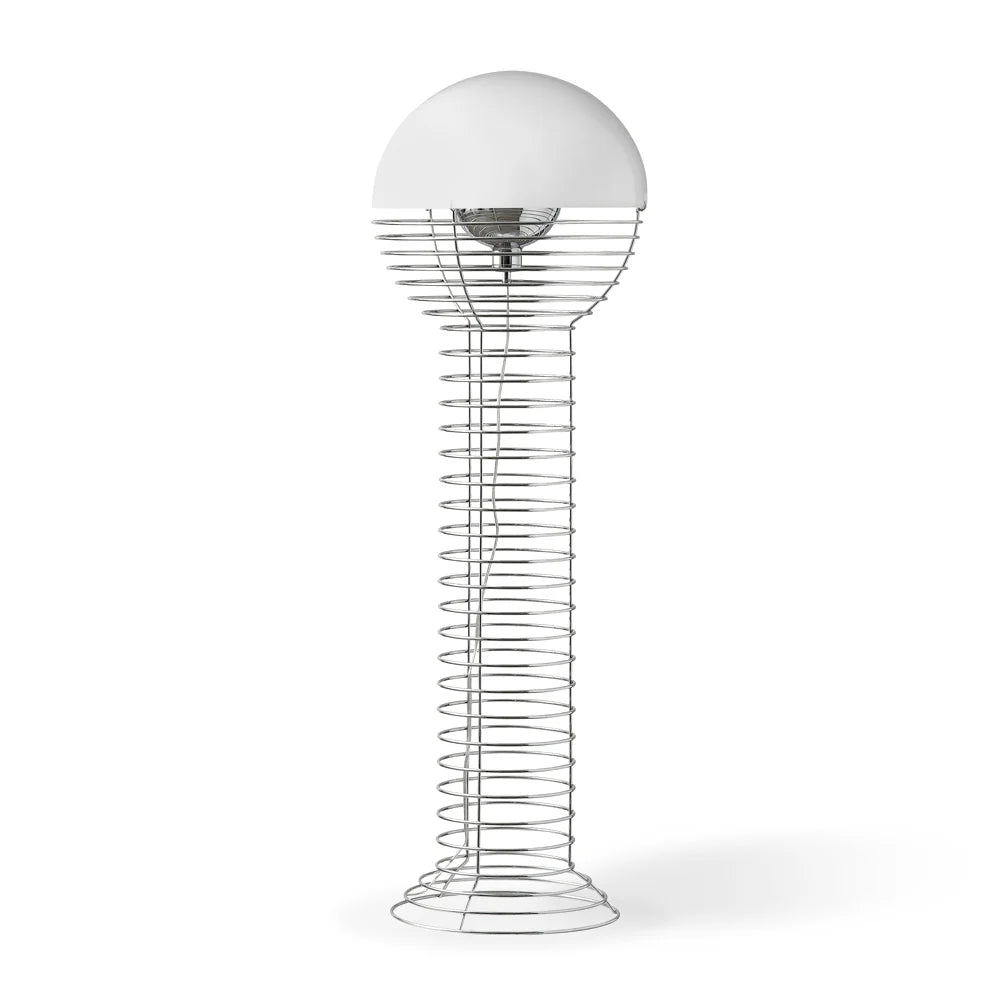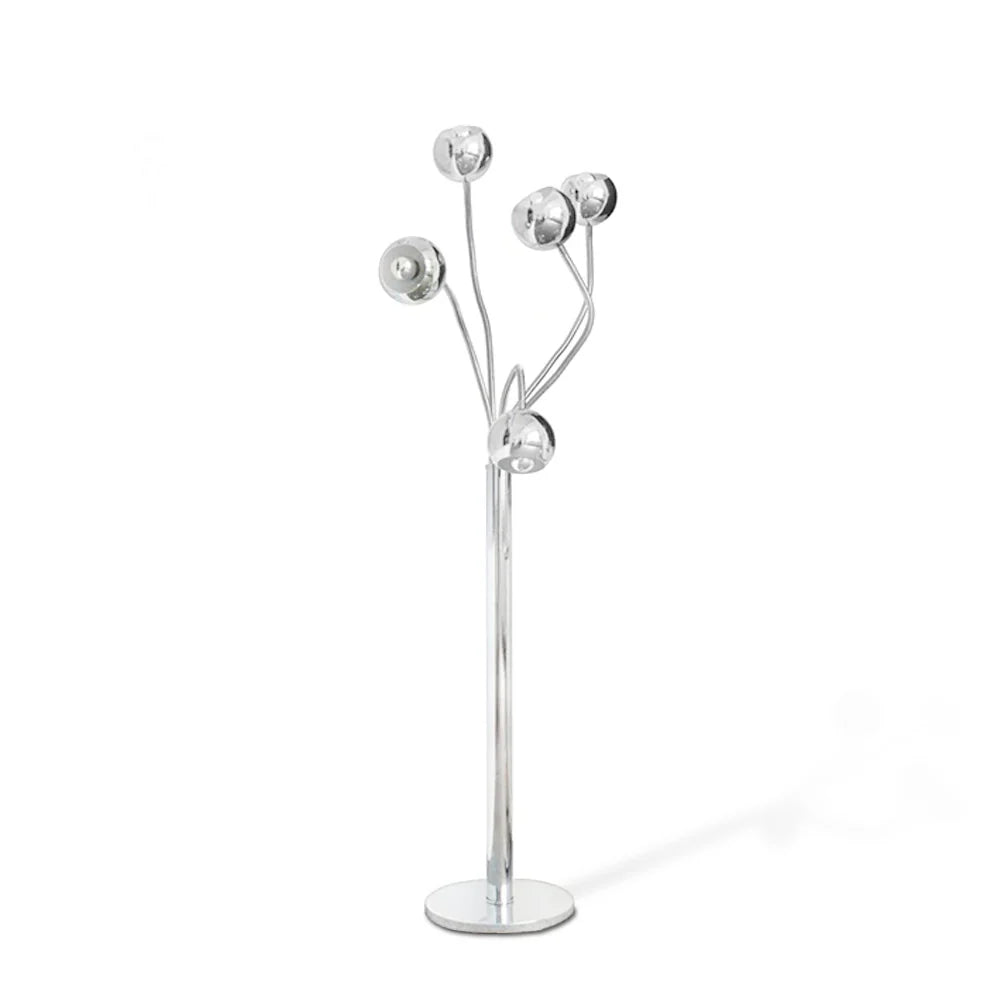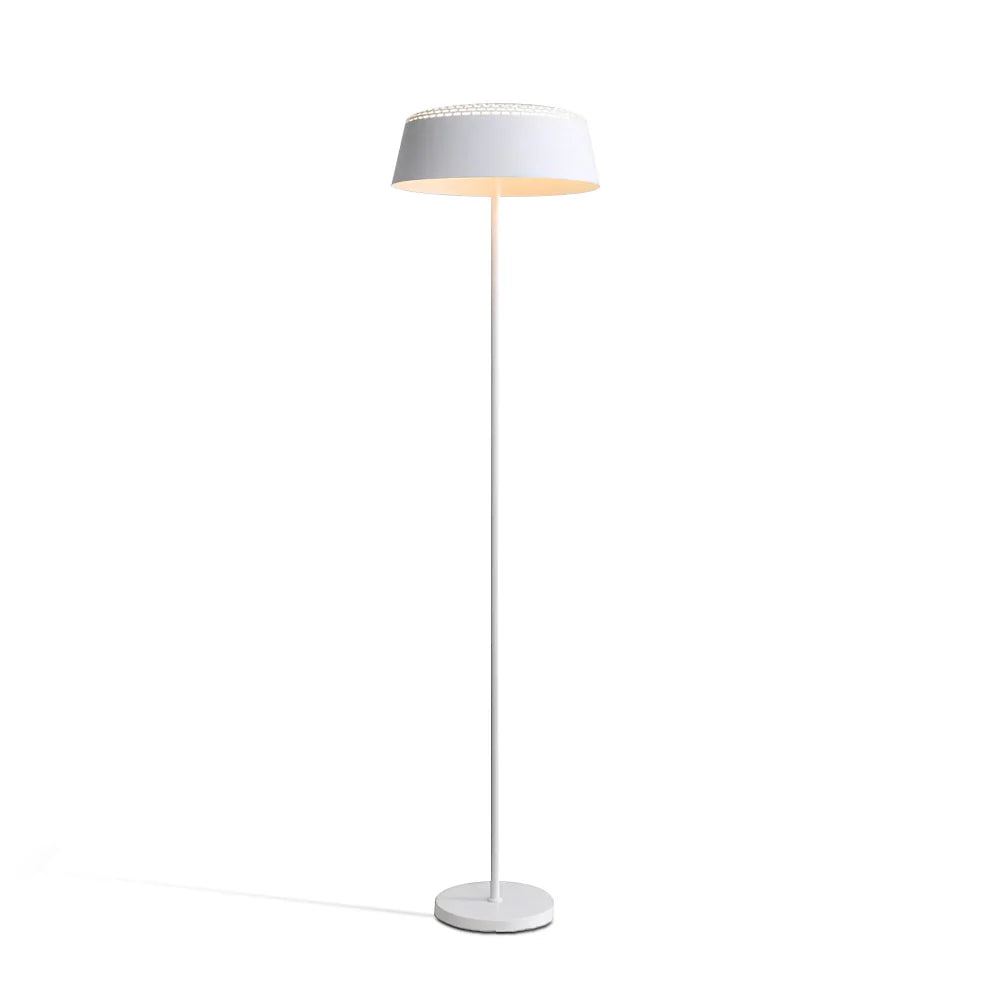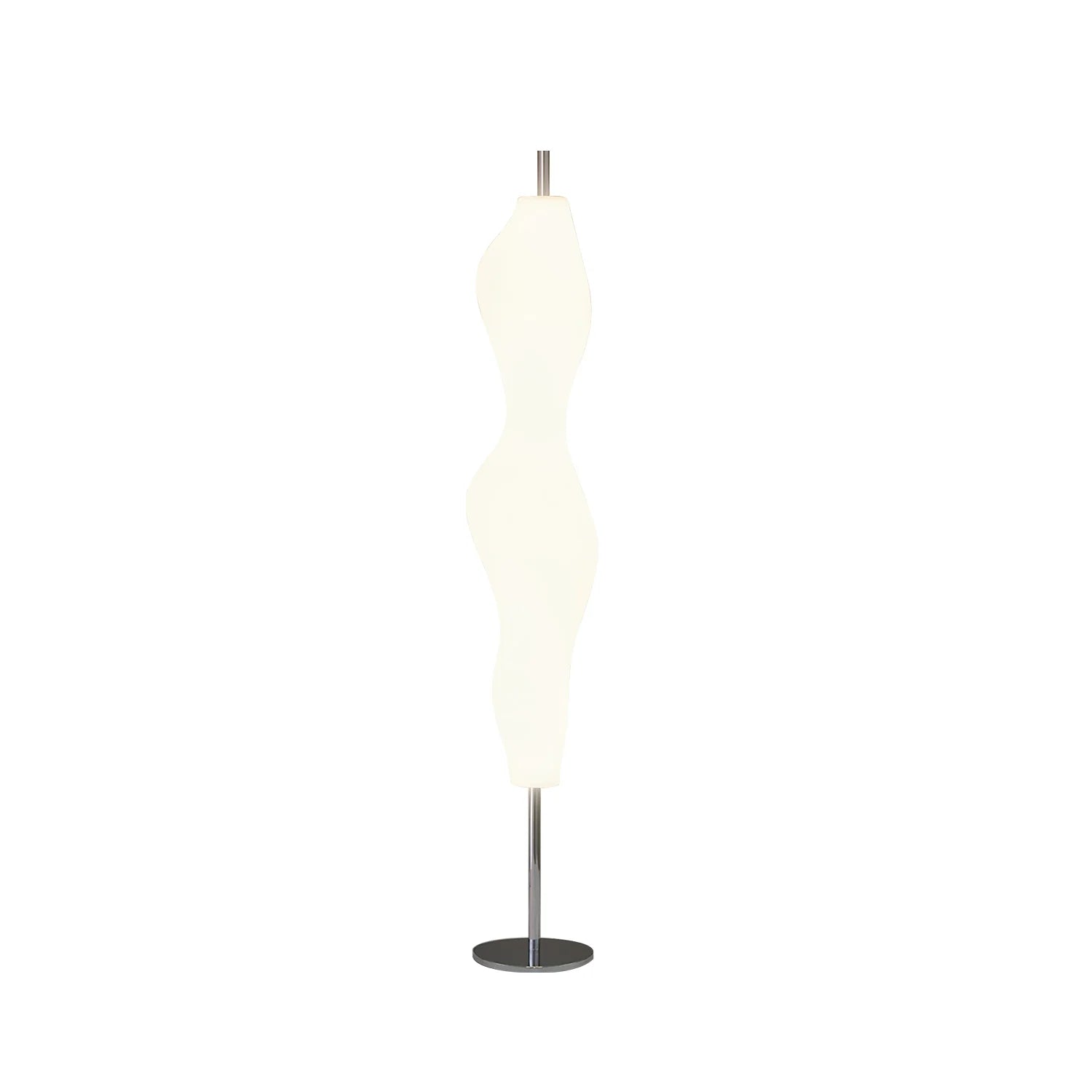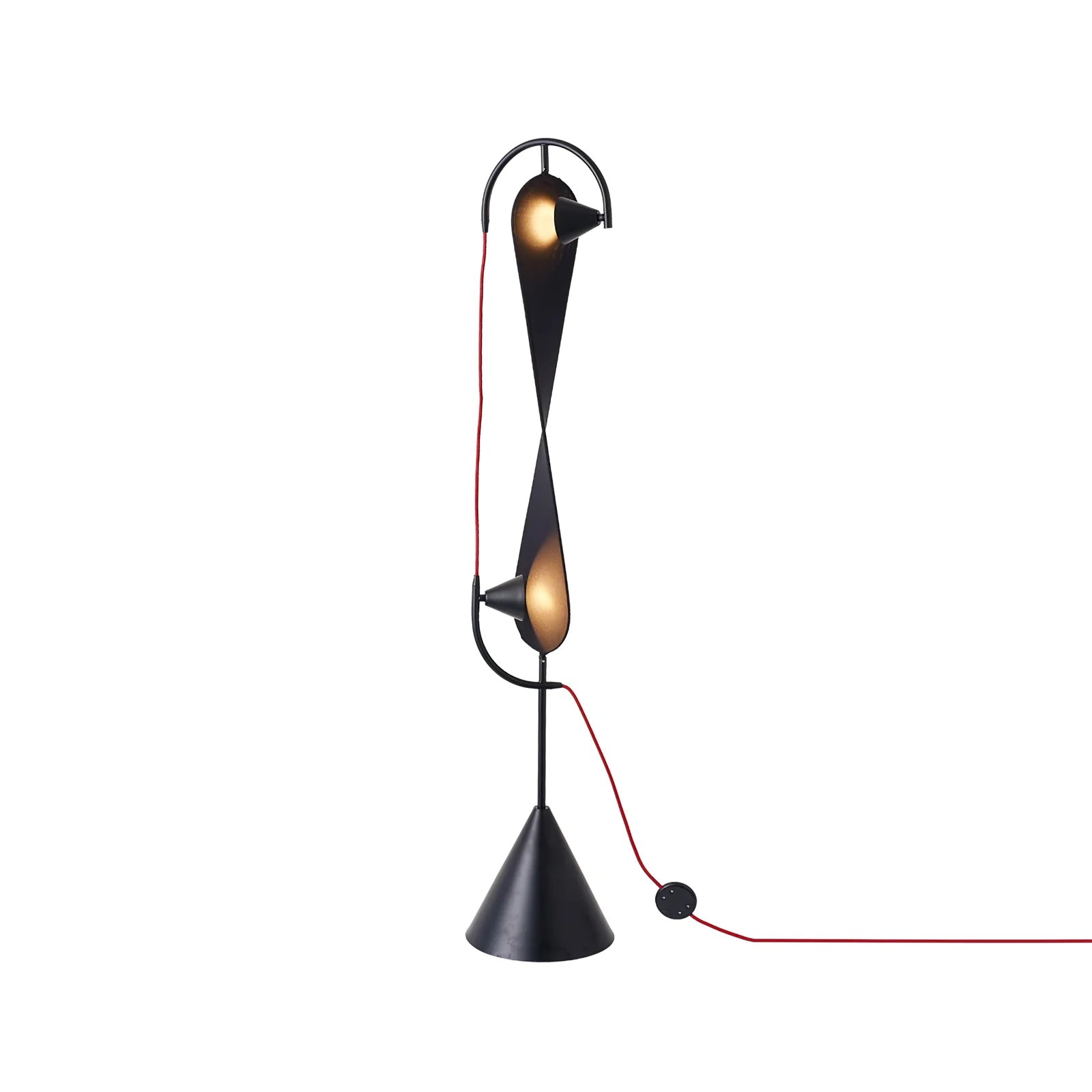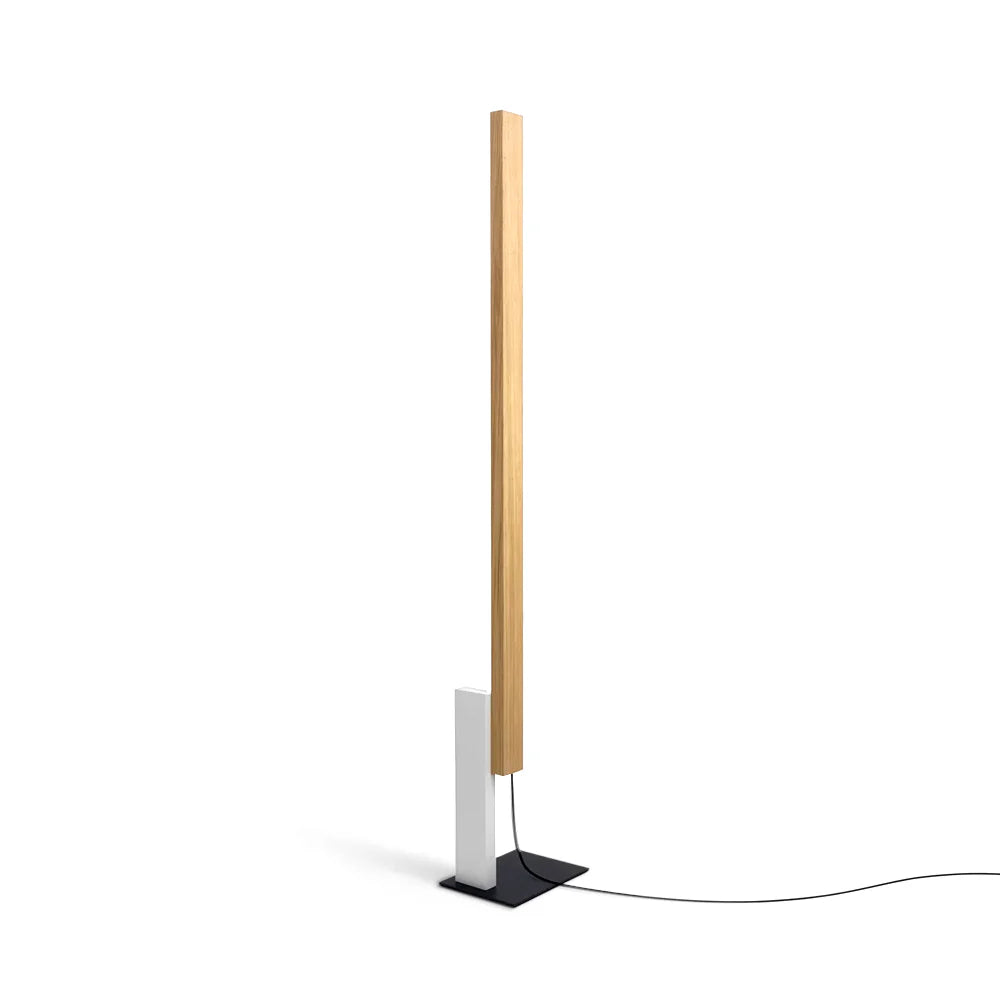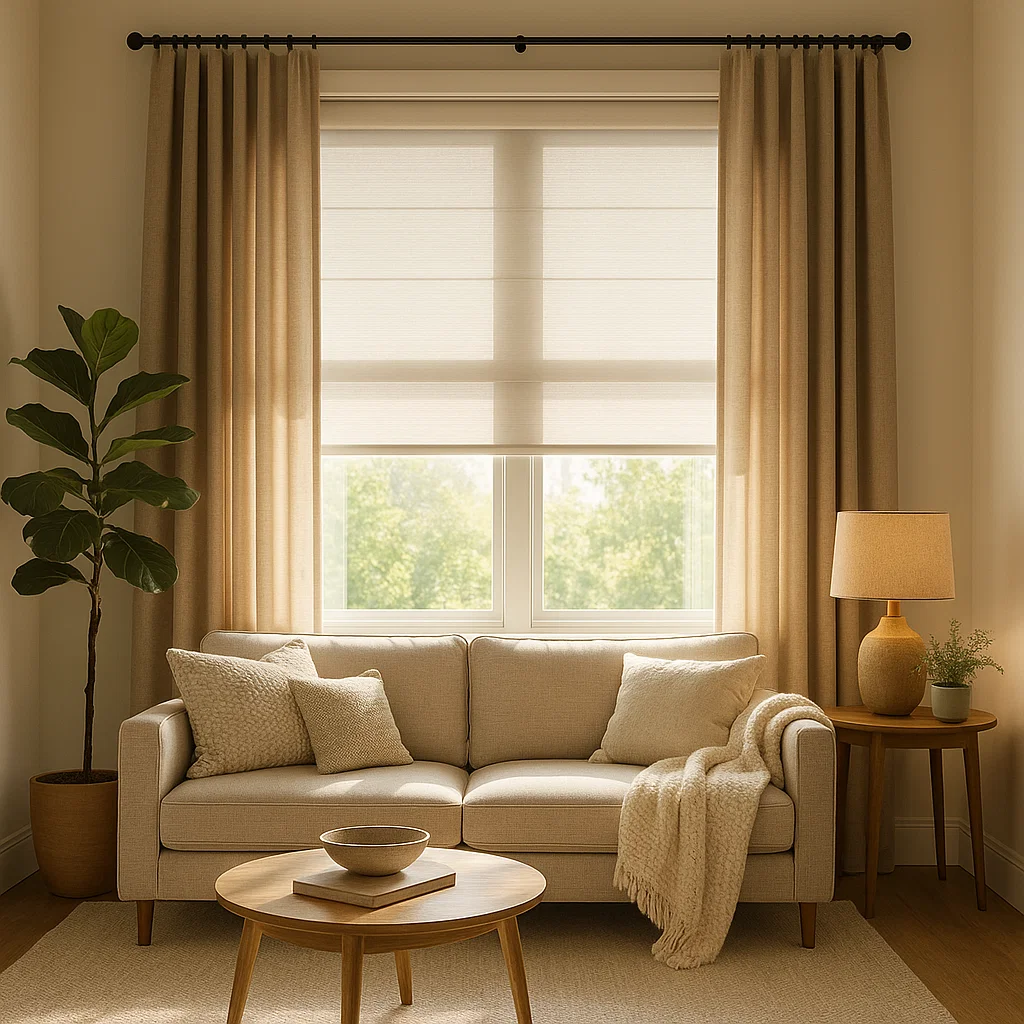
Understanding Window Treatment Costs: Blinds, Shades, Curtains & Shutters Explained

Introduction:
Window treatments do more than block sunlight—they enhance your home’s style, improve energy efficiency, and provide privacy. If you’re thinking about upgrading your windows with blinds, shades, curtains, or shutters, understanding the costs and options is essential to making the right choice.
In this guide, we break down the typical costs for popular window treatments, explore factors affecting prices, discuss professional vs. DIY installation, and share expert tips on how to save money and choose the perfect solution for your home.
Common Window Treatments & Their Costs
1. Blinds (Vinyl or Aluminum)
-
Material cost: $15 to $50 per window
-
Professional installation: $60 to $120 per window
-
Overview: Vinyl blinds are affordable and moisture-resistant, great for kitchens and bathrooms. Aluminum blinds offer durability and a sleeker look but can be noisier.
-
Pros: Cost-effective, easy to clean, wide color range
-
Cons: Can look cheap if low quality, less insulating
2. Cellular Shades
-
Material cost: $50 to $150 per window
-
Professional installation: $80 to $150 per window
-
Overview: Also known as honeycomb shades, these provide excellent insulation by trapping air, helping reduce energy bills. Available in light-filtering or blackout options.
-
Pros: Energy-efficient, sound-dampening, sleek modern look
-
Cons: Higher initial cost, some styles can be tricky to clean
3. Roller Shades
-
Material cost: $30 to $100 per window
-
Professional installation: $70 to $130 per window
-
Overview: Simple and versatile, roller shades offer a clean look and come in many materials, including blackout fabrics.
-
Pros: Affordable, easy to operate, minimalistic design
-
Cons: Limited insulation, fabric can fade over time
4. Roman Shades
-
Material cost: $75 to $200+ per window
-
Professional installation: $90 to $160 per window
-
Overview: Roman shades add softness with fabric folds and are available in various textures and patterns.
-
Pros: Elegant appearance, customizable fabrics
-
Cons: More expensive, fabric maintenance required
5. Curtains and Drapes
-
Material cost: $40 to $250+ per window (depends on fabric and style)
-
Professional installation: $100 to $250+ per window (includes rod and hardware)
-
Overview: Curtains can transform a room’s ambiance with color and texture. Options range from sheer panels to heavy blackout drapes.
-
Pros: Versatile, decorative, easy to swap seasonally
-
Cons: Require regular cleaning, rods and hardware add cost
6. Interior Shutters
-
Material cost: $150 to $650+ per window (depends on material and customization)
-
Professional installation: $200 to $500 per window
-
Overview: Shutters are durable and timeless, often made from wood or composite materials, offering excellent light control and privacy.
-
Pros: Long-lasting, adds home value, good insulation
-
Cons: Higher upfront cost, professional installation recommended
What Affects Window Treatment Costs?
-
Window Size & Shape: Custom sizes or unusually shaped windows increase costs.
-
Material Quality: Premium fabrics or hardwoods cost more than vinyl or aluminum.
-
Customization: Motorized controls, patterns, or layered treatments add to the price.
-
Installation Complexity: Hard-to-reach windows or structural adjustments increase labor costs.

Professional Installation vs. DIY: Which Is Better?
Professional Installation:
-
Ensures perfect fit and function, especially for custom or motorized treatments.
-
Includes warranty coverage and expert advice on mounting.
-
Recommended for shutters, large windows, or complex shades.
DIY Installation:
-
Saves money on labor but requires time and careful measuring.
-
Best for standard-sized blinds or curtains.
-
Potential risk of improper fit or damage without experience.

Tips to Save Money on Window Treatments
-
Measure carefully yourself to avoid costly errors. Use a metal tape measure and note width and height precisely.
-
Shop seasonal sales or look for factory outlets and online deals.
-
Consider semi-custom options that fit common window sizes.
-
Reuse existing hardware if compatible with new treatments.
-
Get multiple quotes from local pros to compare pricing.

Next Steps for Homeowners
If you’re unsure where to start:
-
Measure your windows accurately. Take width and height inside the frame, and for outside mount treatments, add extra inches for coverage.
-
Research styles that fit your home’s design and functional needs—consider privacy, light control, insulation, and maintenance.
-
Request quotes from multiple retailers or professionals, including installation costs.
-
Ask for samples or swatches to see fabric and material quality in your lighting conditions.
-
Plan for professional measuring and installation if you choose custom or complex window treatments.

Conclusion:
Window treatments vary widely in style, function, and price, but with the right information, you can find beautiful options that fit your budget and lifestyle. Whether you DIY or hire a pro, investing in quality window coverings can enhance your home’s comfort, energy efficiency, and curb appeal.


